
Taung child: The controversial fossil that shaped human origins
Historian Christa Kuljian and paleoanthropologist Dipuo Kgotleng talk to The Conversation Weekly podcast about the complicated legacy of the Taung child skull.

Historian Christa Kuljian and paleoanthropologist Dipuo Kgotleng talk to The Conversation Weekly podcast about the complicated legacy of the Taung child skull.

Remarkable new fossils from Swartkrans Cave reveal that a prehistoric relative of humans was also extremely small and vulnerable to predators.

Not knowing exactly when regular meat consumption became part of our ancestors’ diets is a gap in our understanding of human evolution.

Recent major research equipment acquisitions demonstrate the need and potential for proactive pursuit in the competitive research resources environment.

A packed Great Hall was abuzz with excitement as the 2025 cohort of postgraduate students convened for their Orientation and Welcome on 5 February.

Partnership will bring advanced monitoring, hardware, IoT communications, and artificial intelligence to AfricaWeather’s environmental intelligence platform.

Christmas came early for almost 800 talented Wits students who had their student debt cleared this week, amounting to R63 million collectively.

Students and staff from all South African public universities can now access free wi-fi at 36 libraries owned by the City of Johannesburg.

Work isn't static. It changes as we change. In this issue, we turn to our researchers as we grapple with the evolving nature of work and an unknown future.

[Editorial] AI, Africa, equity, skills, burnout, toxic workplaces, semigration, sex work, and retirement, all in this issue of Curios.ty.

What impact does the changing world of work have on how higher education is delivered to students?

Some have dark stripes under their eyes, thought to reduce sun glare. But in other falcon species these markings are unrelated to sunlight.

Nitrogen isotopes in tooth enamel show no evidence of meat consumption in Australopithecus.
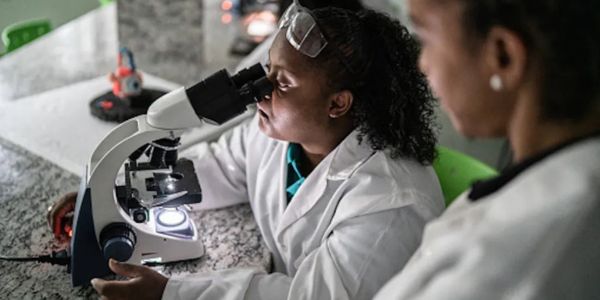
The challenge for universities is to produce graduates who can work with others to produce knowledge and research that can change societies for the better.
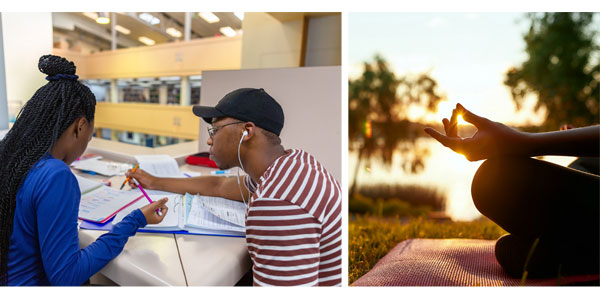
Q&A: Academic stress and pressure can lead students to use unhealthy choices such as medication cocktails, energy drinks and supplements.

Whether we’re socialising, shopping, banking, studying or working, billions of people around the world spend hours each day online.

Researchers working in Africa warn against consultants promoting a single veld-burning strategy for carbon credits, urging caution for stakeholders.

The Kurukop echo amplifies a mythological story from the Nama Karoo region: Echo is daughter of Mountain and Wind.

Our research impacted humans, animals and machines, while our students’ side hustles drove innovation, and our scholars deepened our knowledge.

It was a year of establishment and growth for the Wits Innovation Centre (WIC) as it broke new ground to coordinate and encourage innovation across Wits.

Tracks and traces from long ago are preserved in cemented dune surfaces.

Journeying back to the Jurassic Era, scientists used cutting-edge tech to uncover the secrets about Orthosuchus stormbergi, a small, early crocodile ancestor.

South African Atmospheric Quality Monitoring (SACAQM) and Evotel join forces to monitor the province’s air quality.

Dr Rob Martin Adam was honoured for his exceptional contribution to advancing science, technology and innovation.

Season's greetings from Professor Zeblon Vilakazi, Vice-Chancellor and Principal of Wits University.
-with-Professors-Lynn-Morris-and-Mucha-Musemwa-600x300px.jpg)
Wits Press commemorated 100 years of publishing excellence with the launch of the book 'Publishing from the South: A Century of Wits University Press'.

The Wits Postgraduate Merit Scholarship (PMS) was launched in 2023 with funding from a generous alumnus of Wits.

Carnegie Mellon University Africa announced today that it will expand its digital public infrastructure initiative across the continent.
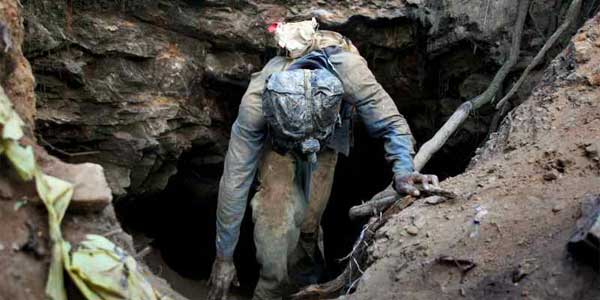
Treating desperate people like criminals is an injustice, and a dangerous narrative, dehumanising people forced into informal mining to escape poverty.

Professors Andrew Forbes, Shabir Madhi, and Derick Raal are three of just 10 South Africans on the annual list of Highly Cited Researchers™.

The Machine Intelligence and Neural Discovery (MIND) Institute advances AI research, exploring machine, human, and animal intelligence.

Nearly 1 million species face extinction. The award to Dr Shannon Conradie by the Jennifer Ward Oppenheimer Research Grant boosts interventions.

Professor Sally Archibald receives the 2025 John F.W. Herschel Medal and Doctors Mitchell Cox and Simone Richardson are 2025 Meiring Naudé medallists.

After major refurbishments, the old Johannesburg Planetarium has been transformed into the state-of-the-art Wits Anglo American Digital Dome.

After 64 years, the Johannesburg Planetarium has been upgraded featuring new cutting-edge digital projectors that will enhance its role in science education.

National research associations have awarded accolades to Witsies across a range of scholarly disciplines as well as in research management and ethics.

Two researchers transect the inhospitable Namib desert, in search of evidence of ancient human existence in this harsh landscape.
.jpg)
Water expert shares guidelines on how to purify water at home in areas where there is uncertainty over water quality or poor sanitation.

Today is World Mental Health Day with an urgent call to action for employers: 'It is time to prioritise Mental Health in the workplace'.

Rock painting suggests San people were engaging in palaeontology long before Western scientists.

Fak’ugesi Festival unleashes the potential that lies within communities when technology, art, and culture intersect in Africa.

This year Fak’ugesi #UntilUnlocked celebrates the exciting expansion of African digital creativity.

Two Wits chemists have been rewarded for their research by the South African Chemical Institute (SACI).

Africa’s biggest creative digital innovation festival is from 3 – 5 October 2024 at Wits’ Tshimologong Digital Innovation Precinct.
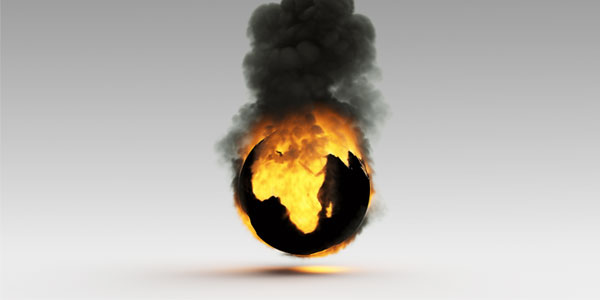
We’re already seeing the impacts of weather extremes on key parts of our lives, from the food we eat to the roads we use and our health.
_600x300px.jpg)
The first inhabitants of southern Africa knew about locally abundant dicynodont fossils and made rock art about them.

Proceeds from the initial R200 million sale of the Frankenwald Estate to be put into an endowment to benefit future generations.

The water dashboard will help residents to keep track of shortages and repair issues and help to understand just how bad things are.

Meteorites contain a wealth of information about the origins of our solar system, helping us to understand their, and even Earth’s, origin and evolution.

Réunion is a tropical island getaway – our climate study shows that it could attract more tourists during European summers.

Dynamic student teams wowed judges, presenting innovative solutions to pressing social and environmental issues.

Baobabs have been a food, fibre and medicine source in Africa for centuries. They continue to flourish.

As the world races ahead with AI advancements, concerns are mounting that Africa could be left behind. Enter the Wits MIND Institute.

Meteorites are rare and hold deep scientific value as they give us a glimpse of the make-up and birth of our solar system.
.jpg)
Alumni Luca Pontiggia & Yasheen Modi present HIDDEN GIANTS, a talk about black holes, the unseeable giants in our Universe, accompanied by live original music.

Deviations in the way that particles interact point to the existence of new bosons.

A team of particle physicists have rolled out the first inexpensive South African air quality monitoring system using AI to predict areas of high pollution.

Wits recognises more than a hundred scholars for exceptional research accomplishments in 2024.

Acid mine drainage, toxic water spilling from mines, ruins the environment and affects people’s health. Plants and bacteria could help clean it up.

Scientists now know when an ancient lake supported human life in the Namib Sand Sea.
.jpg)
Fossil algae show a lake once existed on Lesotho’s Mafadi summit but it vanished about 150 years ago.
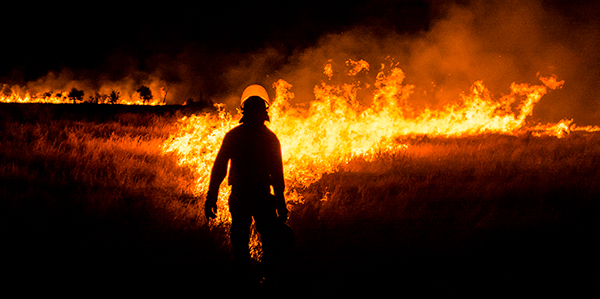
How legal action can help the country adapt better to climate change and it's deadly impact.

Using a method applied directly to ancient hominin teeth, researchers have calculated the age of several important fossils.

Eight PhD students and postdocs were inducted into the programme run by the Wits Transformation and Employment Equity Office (TEEO).

To grow their entrepreneurial spirit and skills, 70 postgraduate students attended the Pan-African Entrepreneurship Week during the winter break.

Wits researchers won in six out of 15 categories at the prestigious NSTF-South 32 Research Awards.

Inspirational leader, Professor Loyiso Nongxa honoured for his exemplary contribution and commitment to the mathematical sciences.

Dr Solomon Assefa, the former Vice President at IBM Research, delivered the inaugural Professor Barry Dwolatzky Memorial Lecture.

One of the grant recipient projects from Wits University will investigate the role of micro, small, and medium enterprises (MSMEs) in Sub-Saharan Africa.

Dr Moumita Aich is set to assume the new role of Head of the Wits Anglo American Digital Dome (WAADD) as of 01 July 2024.

Pedro Ornelas is one of 72 students globally who won an award from the International Society for Optics and Photonics.

This addition marks a significant step forward in the ongoing efforts to preserve the University's vast archives and collections.

Natalie Zimmelman is a business leader dedicated to the development of skills, leadership, and professionalism.

The E-Hub marks the beginning of a new era in fostering student-led innovation and entrepreneurship.

Constitutional expert, Professor Cathi Albertyn, answers your questions on the South African Constitution, the bedrock of South Africa’s democracy.

Today’s news and current affairs landscape, which underpins our democracy, requires both ethical content producers and discerning consumers.

South Africans are still fighting for the right to basic water supply as enshrined in the Bill of Rights.

South African researchers have fully funded access to the European Synchrotron Radiation Facility, through the NRF.

This issue is very timely as South Africa celebrates 30 years of democracy, and heads to the polls again on 29 May 2024.

More than half of SA’s academic publications appear in Open Access sources, with Wits University embracing this trend.

The lack of enforcement of environmental laws allow powerful entities to act without consequence. Where does the buck stop?

As countries move to adopt green technologies to fight climate change, the Global South is left at a disadvantage in this new revolution.

The creation of conservation areas has become a tug-of-war between the needs of local communities and preserving critical natural resources.

New Fossil Bovids from Kromdraai shed light on South Africa's ancient ecosystems.
 On the left side (Nelson Nhamutole-PhD student).jpg)
Mozambique's Maniamba Basin’s Energy Potential.

Number theory specialist Professor Florian Luca is now a CNRS Fellow-Ambassador.
.png)
The scarcity of bat fossils is more than a palaeontological puzzle: it has implications for bat conservation strategies today.
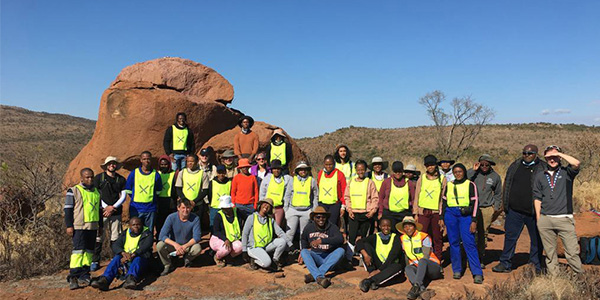
The Bushveld Geology and Metallogeny Research Chair will advance the mining industry and develop the next generation of geoscientists.
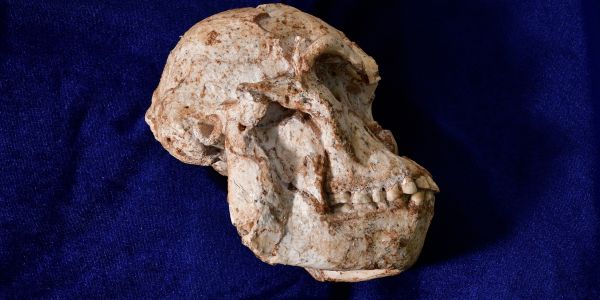
European Research Council funds project on early human evolution at Senckenberg.
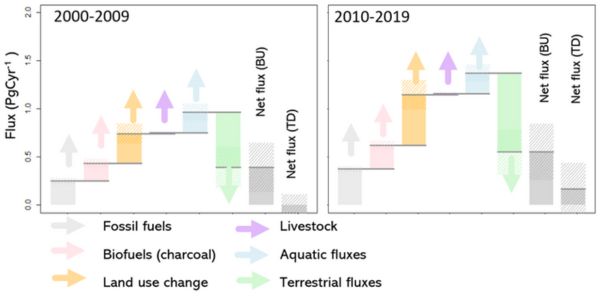
In only nine years between 2010 and 2019, Africa has turned from being a net carbon sink, to being a net carbon source.
.jpg)
Tiny Titans of the Permian: New anatomical description of the ‘dwarf’ pareiasaur Nanoparia luckhoffi from the Karoo Basin
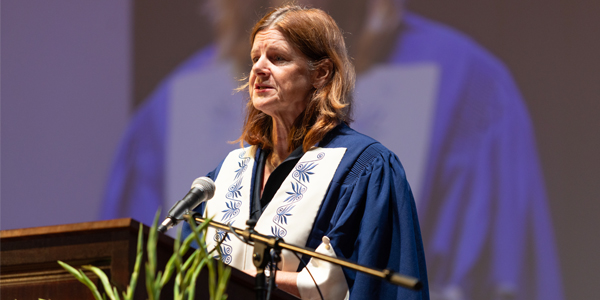
The University held its annual Postgraduate Orientation Programme from 4 – 6 March in the Great Hall and online.
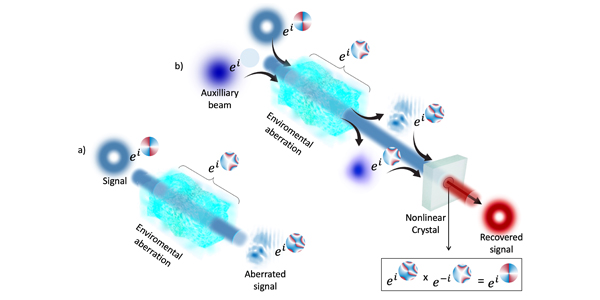
Researchers have found a way to send patterned light messages through obstructions, without distorting the message.
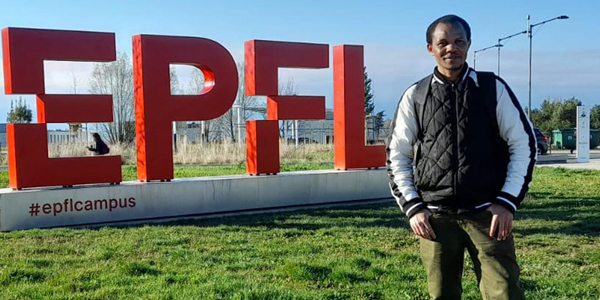
Geoffrey Mwendwa, a PhD candidate in Physics, secures one of the initial spots in the 100 PhDs for Africa Programme (EXAF).

In the heart of Botswana, a groundbreaking discovery at the Orapa Diamond Mine has unveiled a fossil that sheds light on the evolutionary history of beetles.

With an increasing risk of water-borne diseases such as cholera spreading in cities, it is important to learn how to keep your family safe.
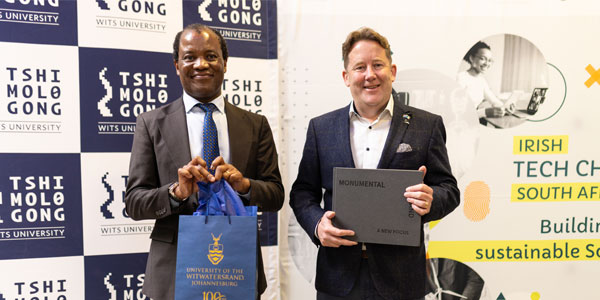
The Tech Challenge seeks to foster partnerships between South African and Irish startups.
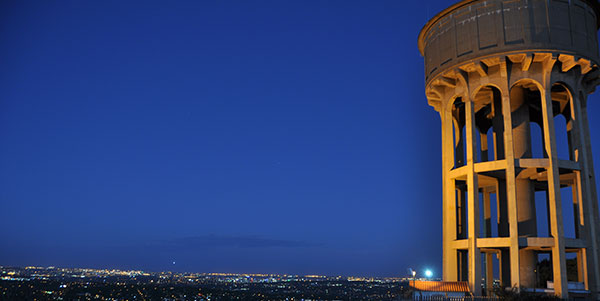
Water can make you ill for two reasons: it can contain chemicals or pathogenic organisms.

It is with great sadness that we learnt of the passing of Professor Edward (Eddie) Webster (82), who passed away yesterday after a short illness.

Before mating, some male and female dung beetles work together to move their brood balls to a location unknown to either.
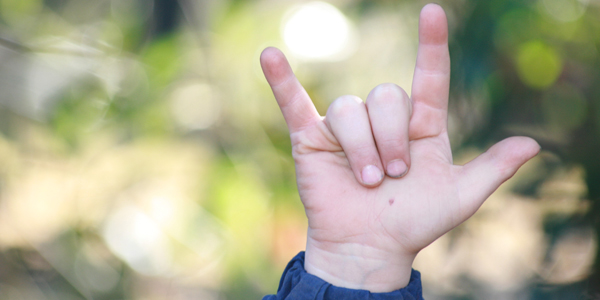
The mother tongue for millions of Deaf people in South Africa is SA Sign Language (SASL), which became the 12th official language on 19 July 2023.
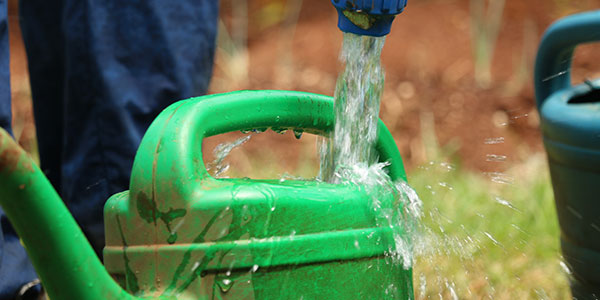
Citizens in Johannesburg, SA's industrial heartland, use too much water, the city wastes way too much and there is too much theft of drinking water.

Dr Jane Goodall is positive that we will overcome challenges such as climate change and biodiversity devastation.
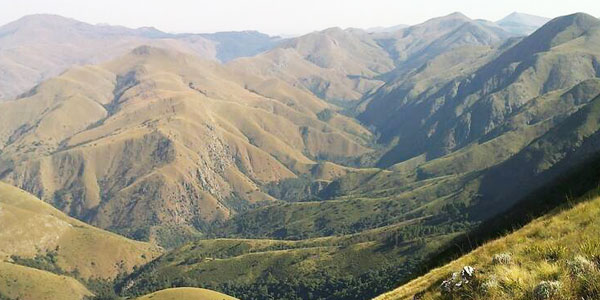
Studying cratons, pieces of ancient continents formed billions of years ago, offers a window into the processes within and on the surface of Earth.

The University received several queries pertaining to fees, funding, financial aid, and accommodation. Here are the many ways Wits assists students.

2023 will be remembered as the year that artificial intelligence (AI) – or, more specifically, large language models (LLMs), like ChatGPT – changed the world.
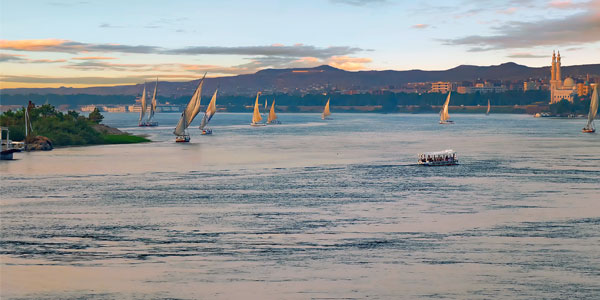
The Nile, one of the world’s most famous rivers, is not immune to the same pollutants that affects rivers all over the world.
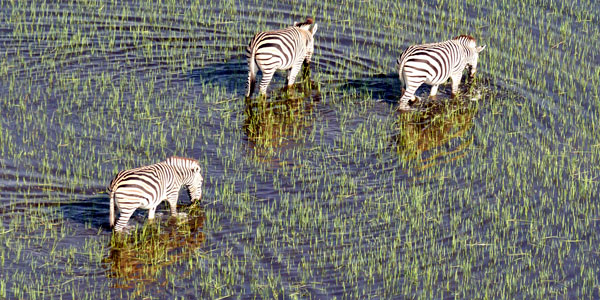
The flooding caused by Cyclone Idai in Mozambique was devastating to animals – we studied how body size affected their survival.
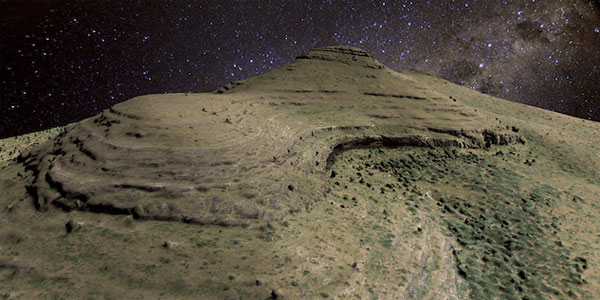
One criticism of current 3D models of archaeological sites is that they are presented devoid of human traces and history. We captured the spirit with our model.
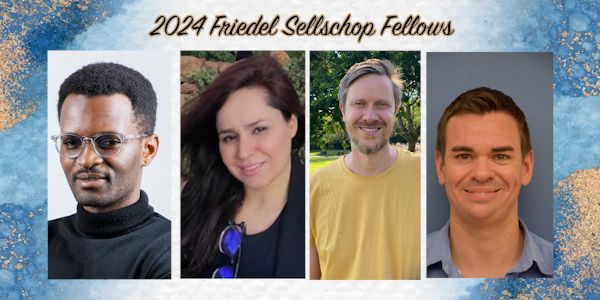
Doctors Saeideh Babaee, Ashley Coates, Isaac Nape, and Matt Noakes are the 2024 Friedel Sellschop Fellows.

The African Fellowships programme advances South-North research collaboration to find solutions to global challenges.

The exhibition showcases the archaeological heritage and rich marine environment of the Southern Cape coastline.

8 Postdoc Fellows join Wits to boost research on the intersecting themes of climate change, just transition, sustainability, and inequality.

Cybercriminals don’t take breaks. Even seasoned internet users fall prey to these scams. Here are seven safety tips from a cybersecurity expert.
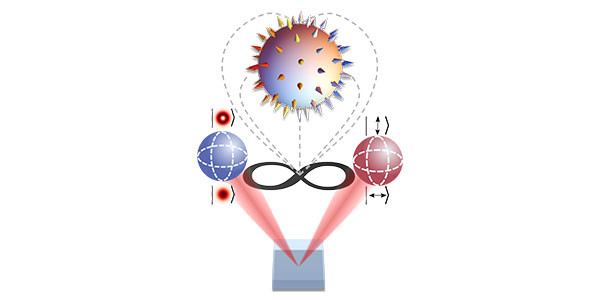
This experimental milestone allows for the preservation of quantum information even when entanglement is fragile.
_600x300px.jpg)
A new study shows Africans discovered dinosaur fossils long before the term ‘palaeontology’ existed.

In this issue, we highlight the diversity, scope, and multi-dimensional nature of drug-related research at Wits University.

SA visionary and quantum expert, Dr Isaac Nape, has been appointed as the inaugural Chair that seeks to advance quantum research.

Professor Zeblon Vilakazi, Vice-Chancellor and Principal, extends thanks to Witsies for their service and sends wishes of goodwill for the holidays.

While polarisation has emerged as a defining characteristic of our age, ‘good’ ethics can navigate differences to tackle shared challenges.

Researchers show for the first time, how we can transport images across a network without physically sending the image.

Professsor Keith Klugman honoured for his work in preventing infectious diseases and a Gold Medal is awarded to a champion in heritage preservation.

Wits bids farewell to 87 retirees who have served the University well for decades.

Masters students and PhD fellows showcase quality research at the annual Cross-Faculty Postgraduate Symposium.

Advanced 3D imaging technology allows for fossil-bearing rocks to be examined non-invasively and saves time and resources.

Global experts in social and natural sciences unveiled the annual 10 New Insights in Climate Science Report.
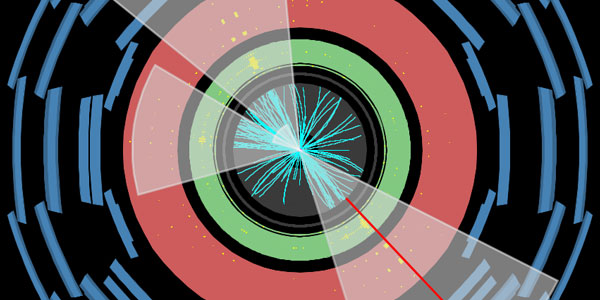
Researchers explore whether Dark Matter particles actually are produced inside a jet of standard model particles.

BCX, Alibaba Cloud and Wits University have partnered to empower students to foster skills for the digital economy in Africa.
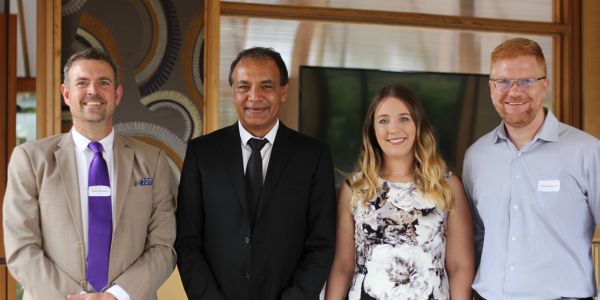
Medals for established and emerging researchers, eminent scholars inducted as Fellows.

Academy of Science of South Africa (ASSAf) awards Gold Medal to world-renowned HIV expert and inaugurates 15 Wits scholars as new members.

Wits University scholars have secured funding as a network partner of the African Engineering and Technology Network (Afretec).
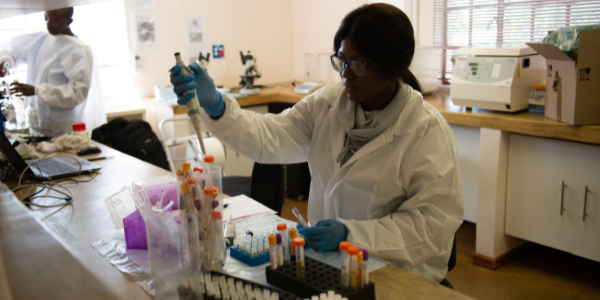
Breaking barriers to intracontinental mobility is paramount and the continent must engage in closer collaboration, placing science at the forefront.
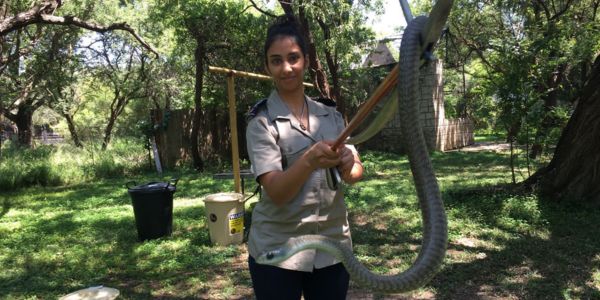
Learning about snakes offers unique insights into the natural world. As predators and prey, snakes are an emblem of the circle of life.

Service Excellence Award winner has earned several prizes including the ‘coach Rassie Erasmus’ certificate.

Higher education leaders from across the continent recently convened for the second Pan-African network's annual conference in Nairobi, Kenya.

The humble “plakkie” made its debut up to 150 000 years ago.

50 stories from around the world celebrate the grit and passion of women in amphibian and reptile science.

Sea level and climate changes altered the marine ecosystems at the South Pole 390-385 million years ago.

Superdeep diamonds formed between 650 and 450 million years ago show how continents developed and moved.

Epic parade and student-inspired music festival painted Braamfontein blue and gold as Wits enters its second century.

Chané Moodley will be heading a research team into finding the best ways of developing and commercialising a quantum microscope.
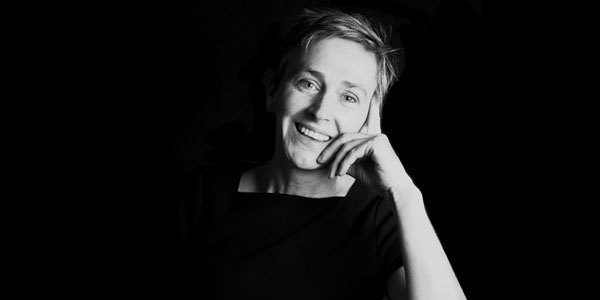
Ecologist Professor Sally Archibald makes a case for scientists 'stepping out of their labs' and engaging in activism and keeping an ethical balance.

Early ancestors collected eye-catching shells that radically changed the way we looked at ourselves and others.
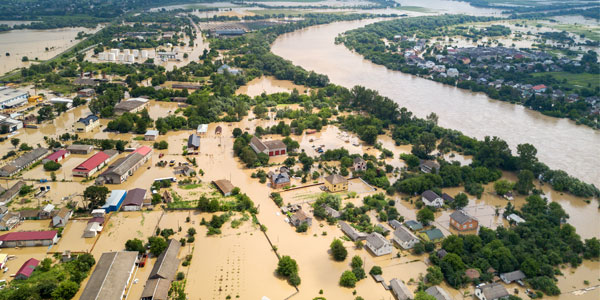
A series of powerful tidal surges battered coastal areas in the Western Cape, Eastern Cape and KwaZulu-Natal provinces over the weekend of 16 September 2023.

Discovery of two meteorites are the first to be found by a member of the public on South African soil in over 40 years.

A gigantic, ancient crocodylomorph species that was recently discovered grew slower than other large reptiles of its day, such as dinosaurs.
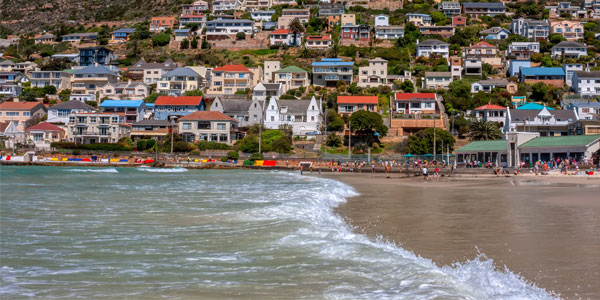
Coastlines need to be recognised as dynamic, shifting environments rather than as environments that need to be controlled and managed.

The award is made for outstanding achievements by a young physicist that contributes to the research, education or technology development in physics.
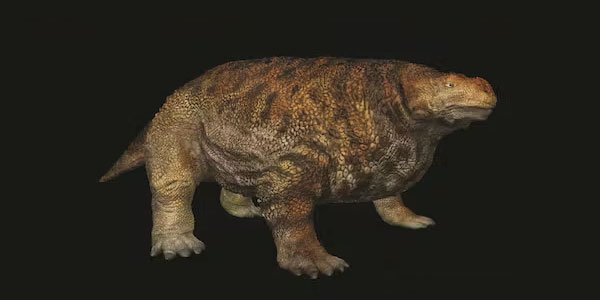
Large pareiasaurs are among the earliest huge plant-eating tetrapods to appear in the history of the development of life on Earth.
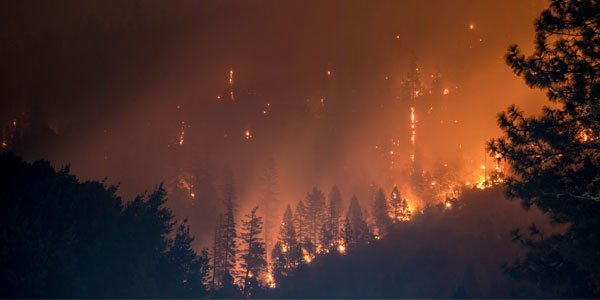
Around the world, temperature records are being broken in countries in Africa, Europe, America and Asia.

Canon South Africa and the Wits Rock Art Research Institute (RARI) partnered in 2021 to keep the preservation of rock art heritage alive.

Professors Roger Deane, Nosipho Moloto, and Andrew Thatcher each won in their category at the 2022/23 NSTF-South32 Awards.

Leerin Michaela Perumal and Cade Ribeiro Peters, receive a life-changing opportunity for their potential contributions to physics.

The new R110 million project aims to improve early warnings and enhance resilience to changing tropical cyclones in southern Africa and Madagascar.

Researchers from all over Wits have been rewarded for their excellence at a Wits ceremony.
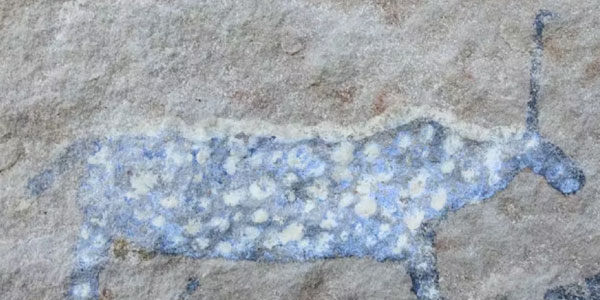
Some explorers believed they had found unicorns depicted on rocks. The truth behind the rock art is far more interesting.
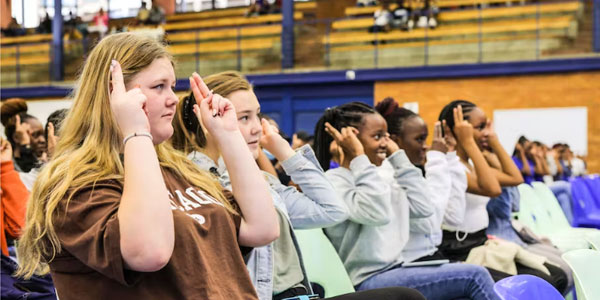
Here is how this will help Deaf people to finally have an opportunity to be properly educated in a language they understand.

New research reveals that the emergence of life on Earth did not require Plate Tectonics

A new approach to optical communication that can be deployed with conventional technology.

Ancient volcanism dating back to 3.5 billion years ago are common to Archaean cratons of South Africa, India, and Australia.
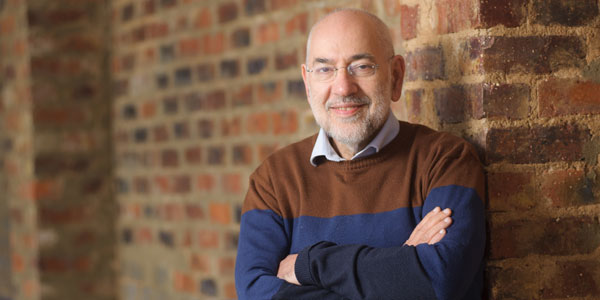
Many speak fondly of how Professor Barry Dwolatzky took them into a derelict disco and enthusiastically explained the tech co-working space he envisioned there.

Two Wits students were ranked top in the Falling Walls Lab competition that also saw Nelson Mandela University feature in the top three.

Through the Research Chair Professor Mary Scholes will identify critical research needs and develop research outputs related to climate change.
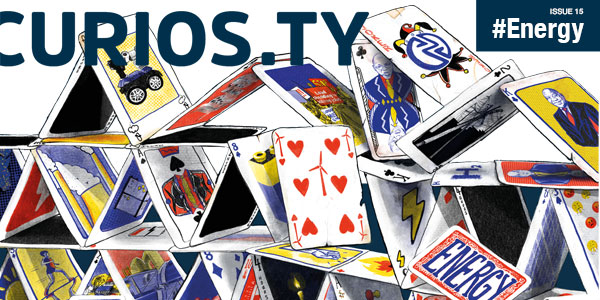
Wits' research magazine focuses on how our researchers are powering up their creativity and expertise to find sustainable energy solutions.

Editorial: Energy cannot be created or destroyed, but for South Africans it feels like we are upending this fundamental law of physics.

The first fuel that enabled human beings to land on the moon was harnessed right here in Africa.

SA’s could create a new model for many countries facing power shortages but it could also lead to more muddling in the dark.
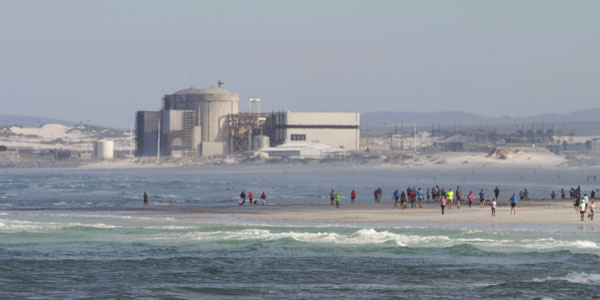
Nuclear energy has had a bad rap, but in South Africa’s current energy conundrum, its importance in the mix is clear.
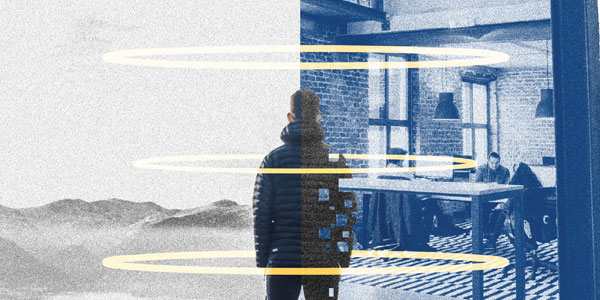
From Star Wars to hot curry to Einstein – we’ve got you covered.
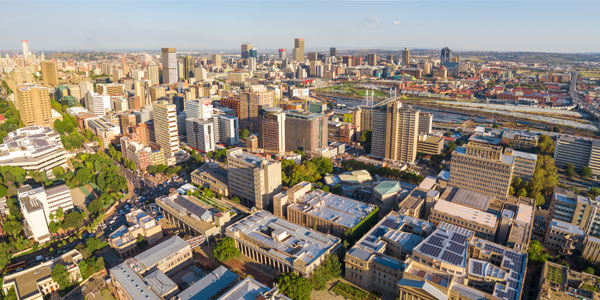
Long-term economic and social side-effects need to be considered when thinking about our cities’ energy solutions.
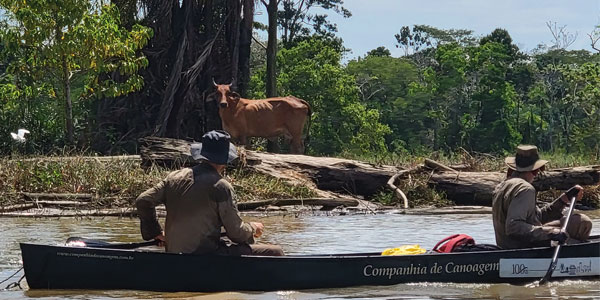
A tree is not just a tree. It is also fuel, paper, furniture, livelihood, and industry.
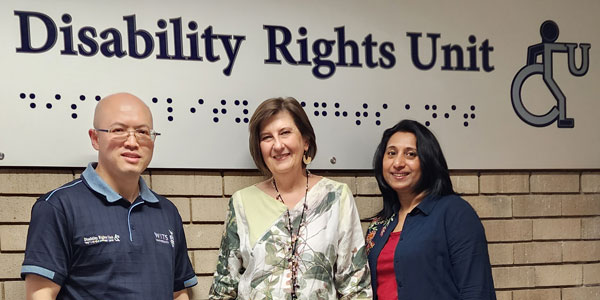
The implementation of universal design and access could improve the lives of people living with disabilities.
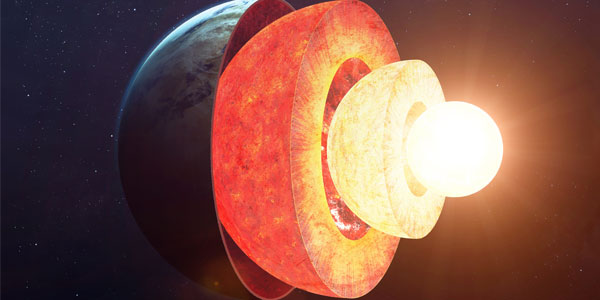
Our home planet Earth is unique, not only in its position in space but in the way it manages energy to create a comfortable spot for us to inhabit.
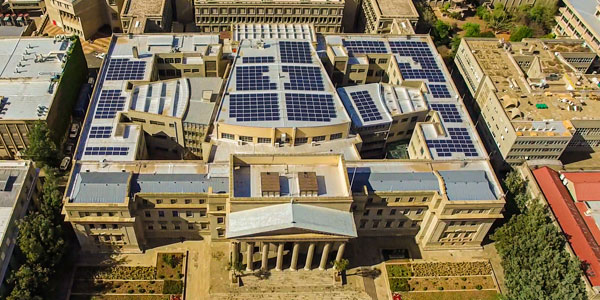
Cutting greenhouse gas emissions to almost zero is the next big thing on the global agenda, but academics agree it’s not feasible in the medium term on campus.
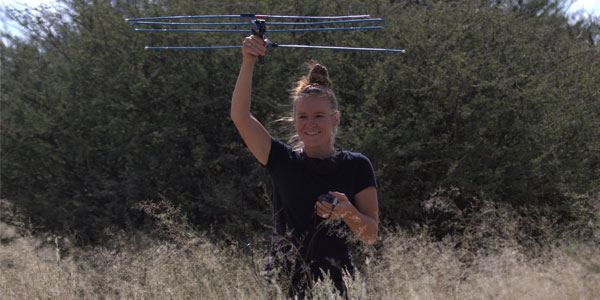
PROFILE: Living to find innovative ways to solve tough challenges, Dr Wendy Panaino digs deep into the lives of pangolins.
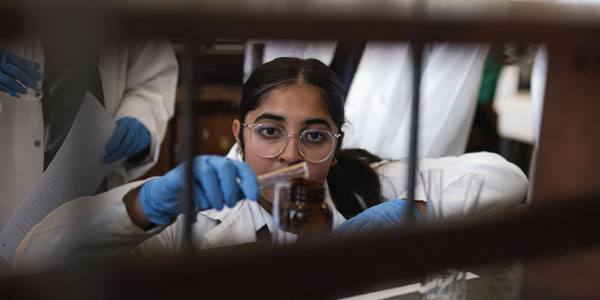
How good is a science curriculum that’s insulated from working scientists or that ignores climate change and sustainable development?
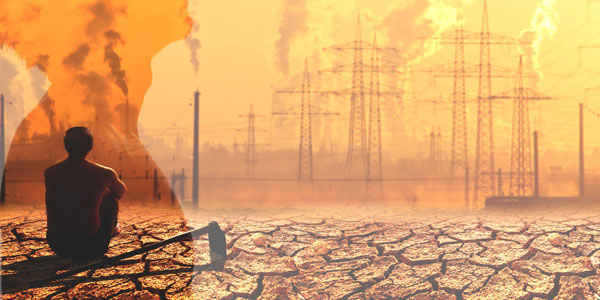
Continued extreme heat exposure is affecting the health of vulnerable groups in communities.
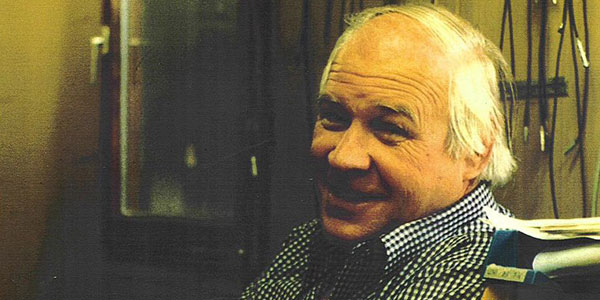
These ghost particles have travelled light years to where we are and are proof that humans are essentially stardust and sunlight.

Machine learning and artificial intelligence (AI) can help catapult South Africa’s energy distribution into the future.

Fossil is described in a paper exploring the rapid turnover of top predators in African terrestrial faunas around the Permian-Traissic mass extinction.

The annual Yebo Gogga Yebo amaBlomo exhibition takes place from 17 to 21 May 2023 and entry is free.

South Africa has lost an innovator, a strategist, a humanitarian, and a much-loved Professor who dedicated over 50 years of his life to Wits.

Researchers share advice on how to keep yourself as warm as possible during the winter months.

Taskeen Hasrod wins over the audience in explaining how to use AI in water research

The Wits Brian and Dorothy Zylstra Sports Complex is an integrated facility for training, research, and clinical practice.

Call for Applications for the WESAF Programme now open.

The world took a long time to challenge apartheid SA’s nuclear programme that aimed to deter liberation throughout southern Africa.

The WIC will harness the creativity and ingenuity of the University’s rich, diverse community of innovators to solve complex, real-world problems.

Wits University awarded Dr David Fine an honorary degree at the Faculty of Science graduation ceremony on 17 April 2023.

Wits to award honorary doctorates to Ambassador Abdul Minty and Dr David Fine, and 5 341 Witsies to graduate in the first celebrations of the year.
The first Biomedical Innovation and Entrepreneurship Training Course sparks a new era for #WitsInnovation.

Research shows flooding events in the province have doubled in the last century.

Outstanding matriculants, now Wits students receive Vice-Chancellor’s Scholarship Awards, which covers full tuition fees.

Professor Athol Kemball joins the Wits School of Physics as a Distinguished Professor through the Carnegie Africa Diaspora Programme.

Professor Lee Berger appointed as National Geographic Explorer in Residence, but will remain at Wits as an Honorary Professor.
Management welcomes the proposal to enter a mediation process as soon as possible and has communicated as such with the SRC.

The University has invested R9-million in postdoctoral fellowships to advance its innovation and internationalisation strategies and its research agenda.
STATEMENT: Wits addresses some of the misinformation being shared by some protestors with students.
The Vice-Chancellor and Principal and members of management met with the current members of the Students’ Representative Council yesterday.
We refer to Mr Aphiwe Mnyamana's tweet posted at 20:31 tonight and confirm that Mr Mnyamana was suspended on 6 March 2023.
We extend our deep appreciation to all staff and students for seamlessly pivoting to blended teaching and learning today.

South Africa holds the dishonourable title of most unequal country in the world, and Africa’s largest carbon emitter.
We will continue with teaching and learning in a blended learning mode
The Senior Executive Team met on Sunday, 05 March 2023 to consider the demands put forward by the SRC.
Wits issues multiple suspension orders to disruptors who transgressed the University’s rules. All university activities will continue as scheduled on Friday.
The University remains open and the academic programme continues as scheduled.
Entry key and exit points are being managed to ensure your safe entry, and officers will be stationed at key lecture theatres to ensure classes continue.
The University is committed to ensuring that staff and students are safe. The academic programme will continue as scheduled.

He is one of 10 exceptional early-career members selected from around the world to serve as a 2023 Optical Foundation Ambassador.
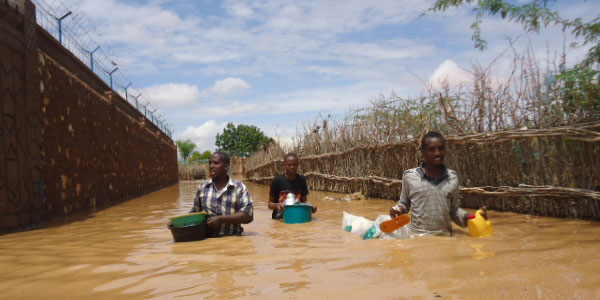
Poverty drives vulnerability to climate risks in Port Harcourt, Nigeria. Here are 4 factors that affect how residents adapt.

The University awarded the prestigious Friedel Sellschop fellowship award to Dr Mitchell Cox, Dr Eloise van der Merwe, and Dr Abhishek Pandey.

Coleen Vogel, Professor at the Global Change Institute among experts who propose the adoption of practical wisdom in the fight against climate change.

Dr Adam Pantanowitz has been appointed as Chair in Innovation and Director of the WIC, and Letlotlo Phohole as Senior Programme Manager.

Research offers a new approach to studying complex light in complex systems, such as transporting classical and quantum light through optical fiber.

Energy, joy and commitment at an all-time-high as first-year students join the Wits family.

Wits’ Global Change Institute among global scientists calling for a mindset shift about climate change which draws from various knowledge systems

Wits University is proud to collaborate with the University of Edinburgh (UoE) to establish a new collaborative doctoral training centre in Africa.

Dr Keneiloe Molopyane joins the EC50 class of 2023, after also being selected as an Emerging Explorer for the National Geographic Society in 2021.
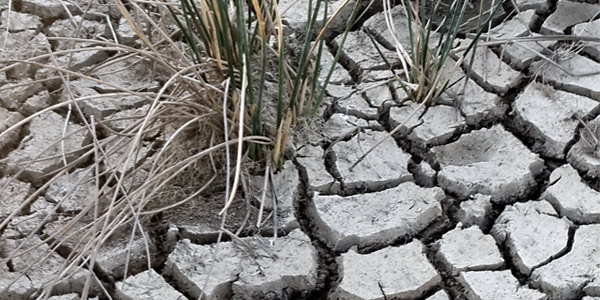
Southern Africans are experiencing heat stress more often than in 1979. Climate experts show where and when it’s the worst.
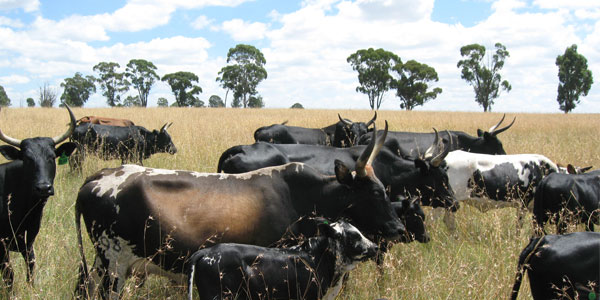
New book shows this amazing evolutionary transformation of humankind could only have happened in Africa.

The exhibition titled ǃke e꞉ ǀxarra ǁke [‘People who are different’, ‘come together’], celebrates the rock art of the San people and is on display now at the Or

Witsies dominate at the Centre for High Performance Computing (CHPC) National Conference Student Cluster Competition.

Can our planet recover from climate change? Commissioning Editor, Kofoworola Belo-Osagie, asked scientists to share the reasons they believe there is hope.

The testing phase of a SA-Europe partnership project this December marks a significant step forward in developing new generation seismic sensing technology.

The African Fellowships programme advances South-North research collaboration to find solutions to global challenges.

Learners praise competition for providing a mixture of stimulating challenges that took them out of the comfort zone.

A Wits alumna and renowned biologist shared how her international career started with unravelling 'ant songs' and scrutinising frog eggs.

Wits honours two healthcare professionals who are changing the world for good.
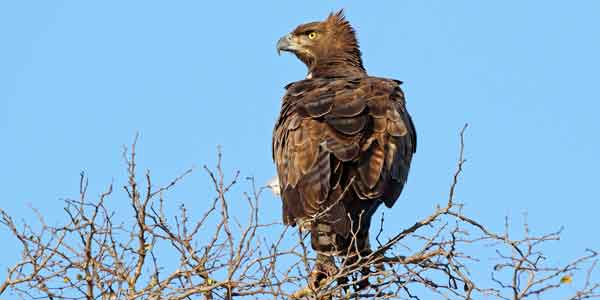
DDT accumulates in wildlife and magnifies up the food chain. Birds of prey occupy the top of these food chains in various ecosystems.

Mountain systems are sensitive to climate change. Loss of snow and ice sets off effects which have wide ranging consequences.

Professor Andrew Forbes shares the award for physics with Professor Jueinai Kwo of Taiwan.

Professor Bruce Mellado joins other prominent Wits scientists in the ranks of the Fellowship.

The brown-veined white butterfly (Benenois aurota) annual migrate between 80,000 and 155,000 butterflies per hour from SA’s Kalahari region to Mozambique.

Tamlyn Naidu claims a win for South Africa in Berlin for her research on acid mine drainage.

Achieving access to minimum resources and services for all, while safeguarding our planet, requires redistribution and societal transformation.

‘Scientivist’ says planetary health must be foremost on all agendas because the ill-treatment of animals and delicate ecosystems plays havoc with human health.

Study provides recommendations to end the public health threat without exacerbating socio-economic burdens or putting the most vulnerable at greater risk.

Repairing Earth as a whole, together, is a precondition for human durability.
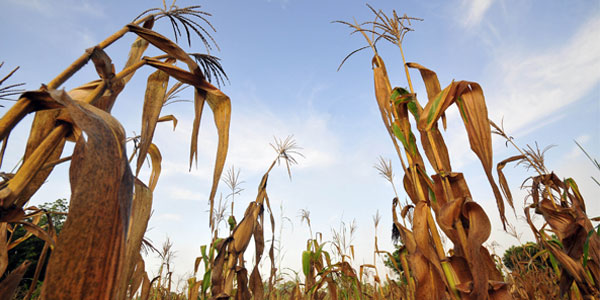
Marginalised or minority groups seem to suffer the most from heat-related deaths and disease, and Africa is heating up faster than anywhere else.

The South African Quantum Technologies Initiative (SA QuTI) aims develop a well-established critical mass in the national quantum community.
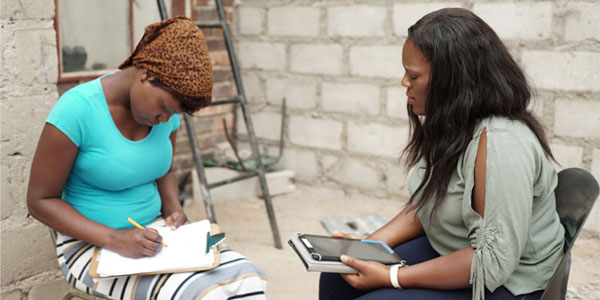
Researchers have a number of responsibilities when embarking on their work - not least of all to ensure participants are not harmed and are fully heard.

The new Face To Face exhibit showcases hominins from The Cradle of Humankind that are brought to life by science and art.
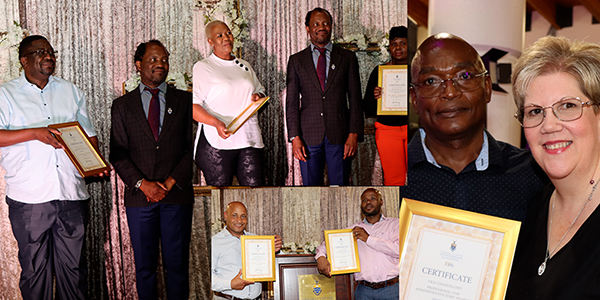
The prestigious annual awards recognise staff excellence in categories including research, teaching and learning, and professional and administrative services.
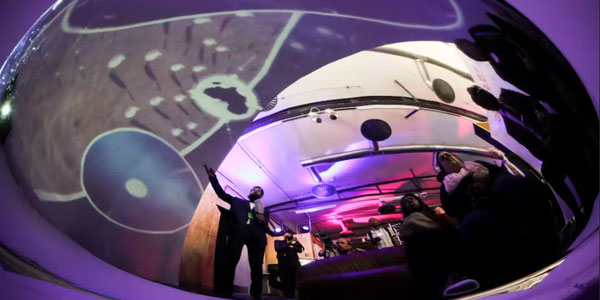
Various innovations after the past century have improved the world for many - but there’s still much more for universities to do.
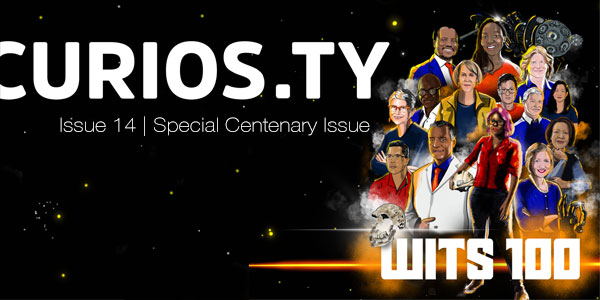
Wits' research magazine celebrates 100 years of changing the world for good.
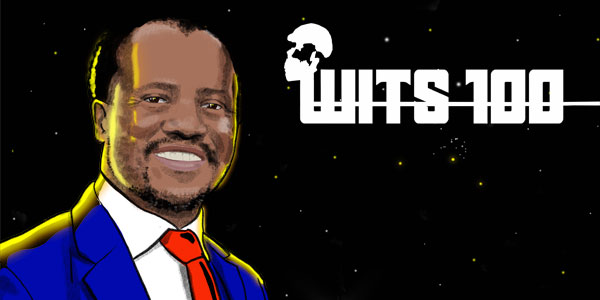
Guest Editorial: Wits remains a beacon of hope in society. We continue to strive for excellence in all that we do and use our knowledge for the good of society.
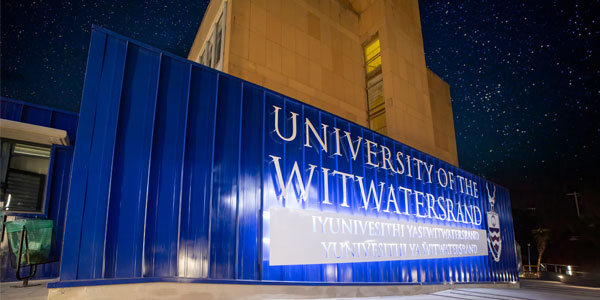
“We live in the most unequal country in the world. We can help bridge the divide and we don’t have any time to waste.” – Dr Judy Dlamini.

Editorial: The stories in Curios.ty 14: #Wits100 showcase the University’s sustained participation, influence and impact in the lab, the classroom, and society.
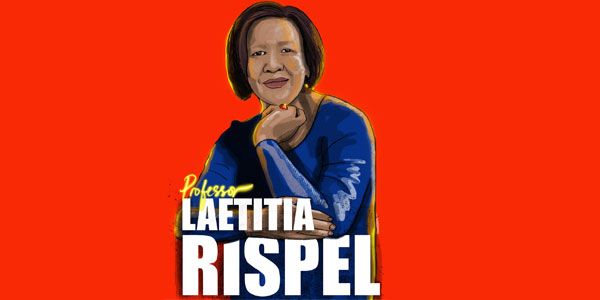
Meet the Wits’ science superheroes whose research has saved lives.
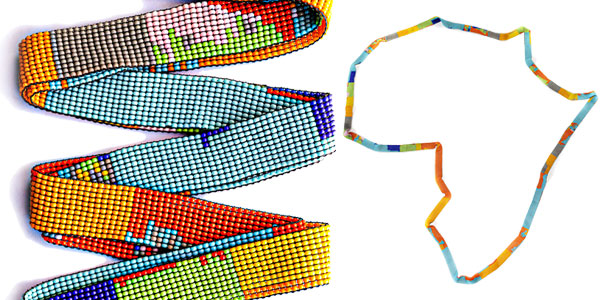
The contribution of the Sydney Brenner Institute for Molecular Bioscience to the field of human genomics is rewriting history on the African continent.
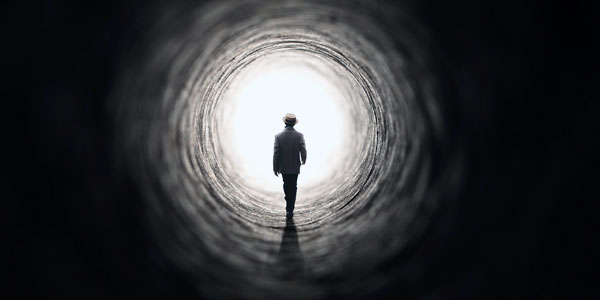
Without death, there would be no life – this might sound like ancient mysticism, but Wits scientists are proving it.

Agincourt, one of the longest-running research centres of its kind in sub-Saharan Africa, tracks health and wellbeing over the life course.
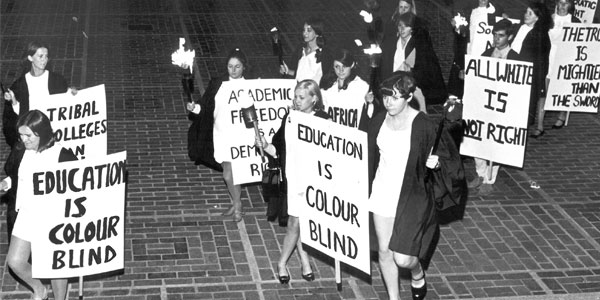
Protests are a hallmark of Wits’ history and have contributed to the University’s legacy of social activism, democracy and constitutionality.
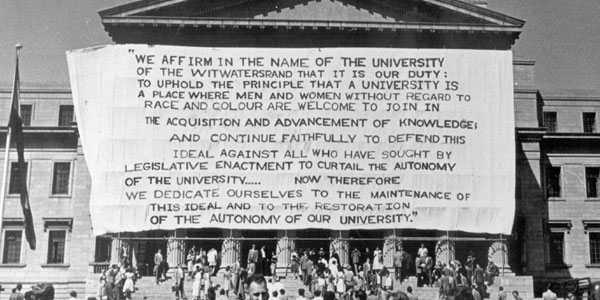
South African universities should revisit their multiple publics and explore what a public university in southern Africa today should be.
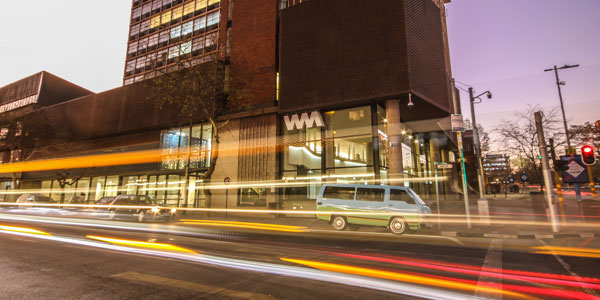
The Wits Art Museum covers 3 000 m2, housing more than 12 000 artworks, of which 5 551 comprise the Standard Bank African Art Collection.
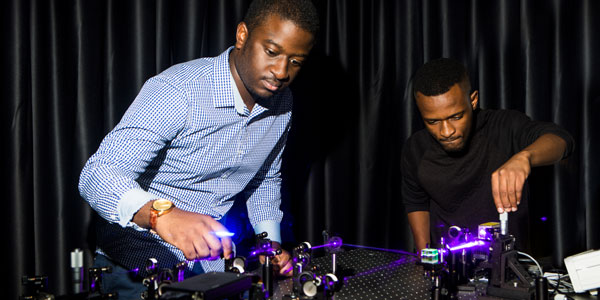
How has science and research practice at Wits has evolved over a century?
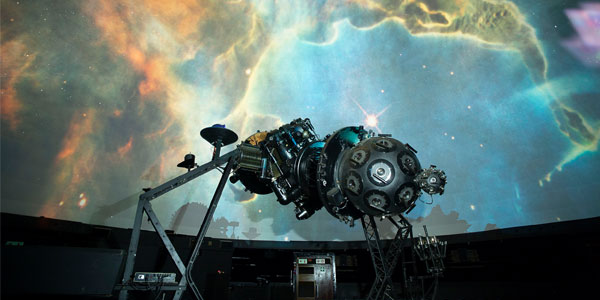
It’s the end of an era as Wits Planetarium is reimagined as a ‘out of this world’ digital dome.
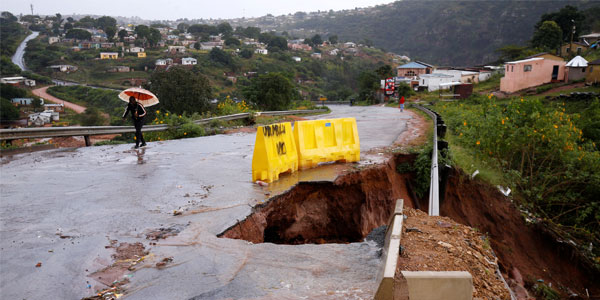
Climate change took nearly a century to become mainstream science. Wits is taking the lead in facing up to the challenge.
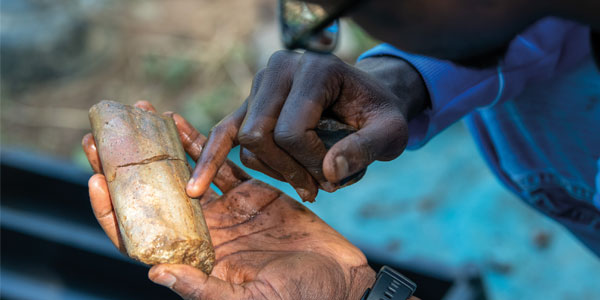
Wits researchers have over the past century changed, and challenged, the way we think about the evolution of humanity and our ancestors.
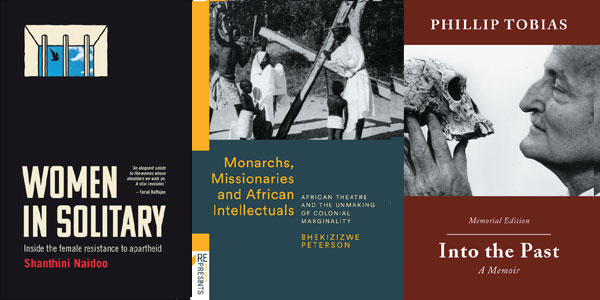
Books based on research by Wits authors create a rare recording of history that tracks changes over time.
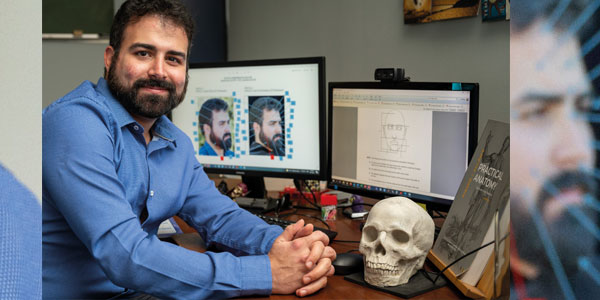
The development of the Wits Face Database: An African database of high-resolution facial photographs.
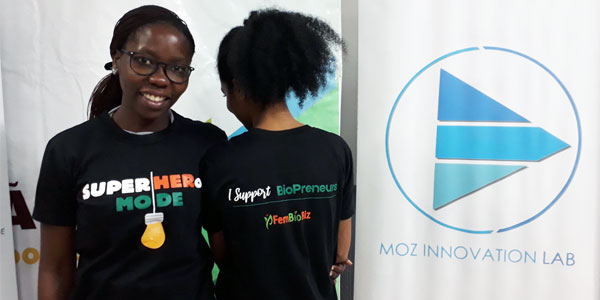
Wits is exploring the opportunities created by social enterprises that focus on addressing local, regional and global challenges.
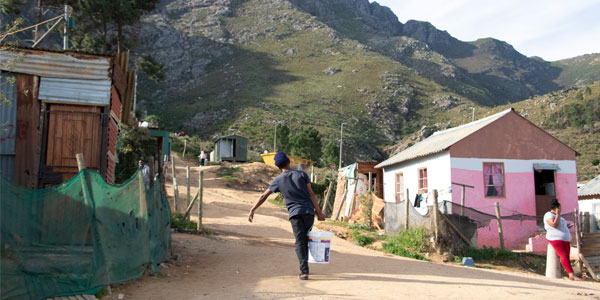
Four Wits units demonstrate how translational research can respond to the needs of a world outside the academy.
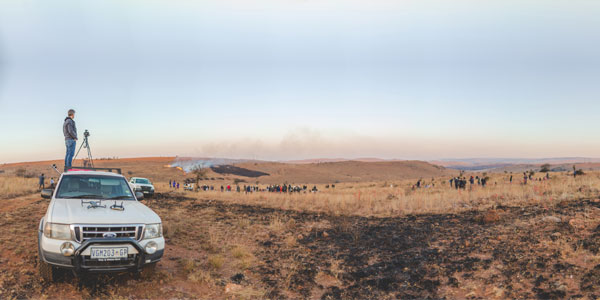
Column: Telling the stories of Wits’ research and academics might hopefully light a fire in the mind of the world’s next Einstein.
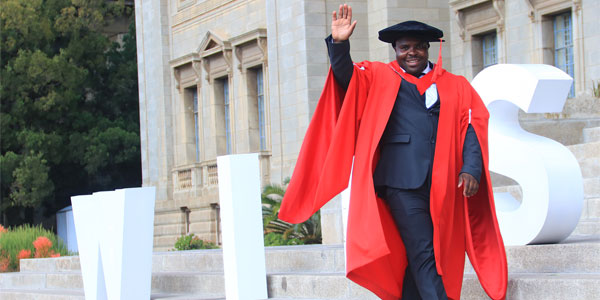
There is something significantly common in the way in which all good things are good.
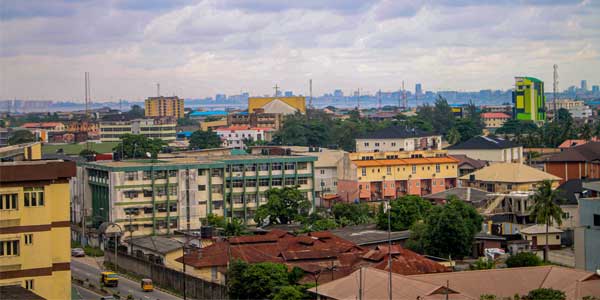
Lagos, Nigeria’s commercial capital city, is notorious for frequent building collapses.
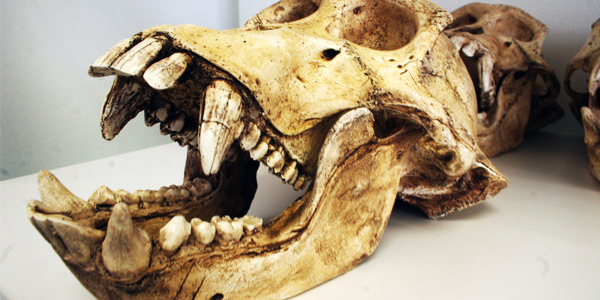
The African continent is a rich repository for dinosaur fossils, including teeth and track marks.
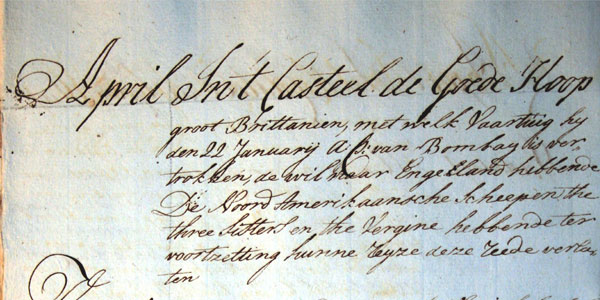
A project to transcribe Dutch colonial records of the weather in Cape Town can benefit modelling of future climate scenarios.

Wits University is as much a part of Johannesburg as is gold mining, and we are opening our gates to all to celebrate with us.

Wits marks its 100th birthday with jam-packed Homecoming Weekend.

The #Wits100 Visible Resonance Light Show on 2 September at 7pm on the Great Hall façade will reflect, create, improvise, and imagine Wits’ stories.

Wits University Press is the oldest university press in South Africa and celebrates its centenary in 2022.

Professor Garth Stevens will oversee Human Resources, Transformation and Employment Equity, the Disability Rights Unit and other related units.

Wits is one of five universities to partner with the International Atomic Energy Agency to promote the safe use of the peaceful application of nuclear science.

Wits hydrogeologist Prof. Tamiru Abiye is a National Research Foundation-rated scholar and winner of the 2021/22 NSTF-South32 TW Kambule Researcher Award.

Restoration science and practice are critical in combatting the loss of old-growth grasslands and the loss of biodiversity.

Artisanal gold mining is highly organised and rule-bound. Men, women and even children participate a hierarchy sustained by buyers, sponsors and customers.

Wits University is home to a wellspring of talent from multiple disciplines where life-changing innovation is incubated.

It was a night of suspended reality, imaginative film, and sophisticated symphony at the SA premier of William Kentridge’s Oh to Believe in Another World.

Learners enjoy a fun-filled Wits Integrated Experience of academic and student life on the Braamfontein campuses.

Professor Zeblon Vilakazi, internationally renowned nuclear physicist, joins the ranks of Isaac Newton, Charles Darwin, Albert Einstein, and Stephen Hawking.

The iconic Great Hall is back after 网易体育 lockdowns and extensive renovations – ready to celebrate Wits' centenary.

Wits staff step up on Mandela Day for food-insecure students.

Karoo fossils provide “smoking gun” on clues to when warm-bloodedness evolved in pre-mammalian ancestors.

Over consumption of wildlife species for energy and food will place stress on the communities that need them for survival.
Return to campus plans and the way forward.

Researchers from the Wits Structured Light Laboratory showcase recent advances in replacing the traditional linear optical toolkit with nonlinear control.
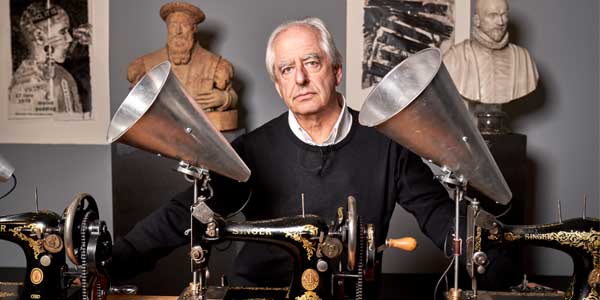
South African premiere of the new topically relevant film by Wits alumnus and world-renowned artist, William Kentridge, will take place at Wits in July.

New dates for Australopithecus-bearing Sterkfontein Cave deposit places South African hominin fossils at the centre of global palaeo research.

Wits’ young scientist (physicists) take front positions in the world’s largest scientific endeavour to generate new science and expand current knowledge.

Universities must think more creatively about the employability of graduates, especially those at the PhD level.
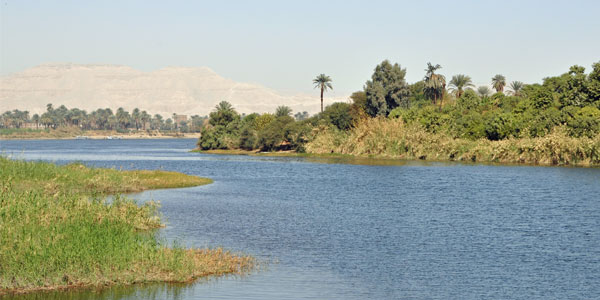
The Vaal River, which serves more than 11 million people, is considerably polluted with microplastics.

Known as ting or amazimba, indigenous sorghum is resilient and rich in cultural and health benefits – yet crops are declining.
w.600x300.jpg)
Sometimes archaeologists can “hear” the ancient past using acoustic methods.

Professor Benjamin Rosman is one of 18 early-career researchers in the world to be named CIFAR Azrieli Global Scholars for 2022-2024.

From being dazzled by the launch of space stations in the 1970s to pushing the boundaries of quantum physics.

The impact of hybrid work models on IT skills in South Africa will be among the issues coming under the spotlight this year.
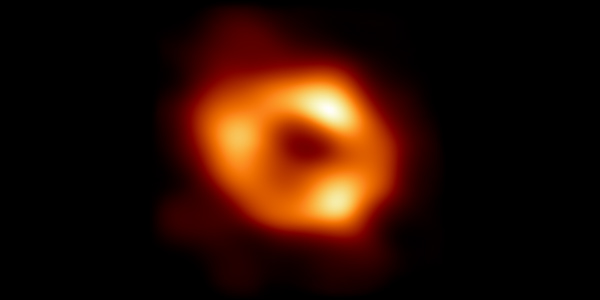
Astronomers have revealed the first image of the black hole at the centre of our galaxy, the Milky Way.

“Young entrepreneurs are one of the country's best hopes in solving the jobs crisis” - Dr Robert Venter, Project Leader for the WEC.

This result provides overwhelming evidence that the object is indeed a black hole and yields valuable clues about the workings of such giants.

Please take note of rising infections in the country and particularly in Gauteng. Please get vaccinated if you have not done so yet.

The NRF has awarded new A-ratings to three Wits academics in the Faculty of Humanities and the Faculty of Health Sciences respectively.

Wits geologists come up with an original interpretation for a long-standing petrological paradox – the common absence of roof rocks in basaltic magma chambers.
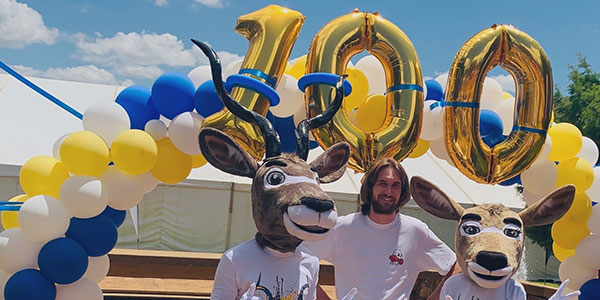
'Gateway to Success' programme: Creating a holistic, seamless transition from secondary school to university

Dean also supports two Wits academics and Ukrainian nationals in attempts to get their family to safety.

Mpho Mathole won the Wits leg of the international science communication competition and will go on to participate in the nationals later this year.

Ndoni Mcunu, Wits PhD candidate, climate scientist, and the driving force behind Black Women in Science passed away on April 16.

Wits University is proud to announce the start of the April graduation season where 5 593 students will be capped between 19 and 29 April 2022.

Programme aims to identify African ecosystem vulnerabilities while leveraging African-informed transformative change opportunities.
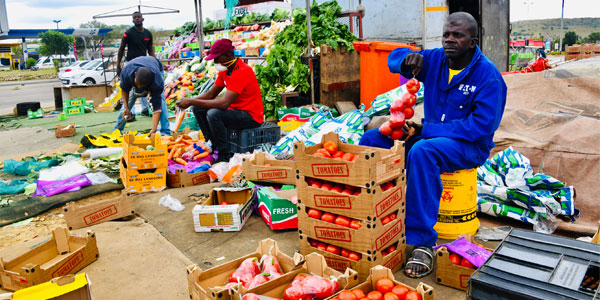
The farming sector is arguably the most important economic sector for SA’s development as it is directly linked to food security and poverty reduction.

Wits physicist part of team that develops novel laser.

Alumnus Dr David Fine's generous donation will be used to establish the Angela and David Fine Chair in Innovation.

As an academic body, we should be appalled by South Africa’s less than stellar performance on Russia’s war against Ukraine.

It is with great appreciation that we thank you and members of our wider Wits community for vaccinating and in so doing, making Wits a safer place for all.
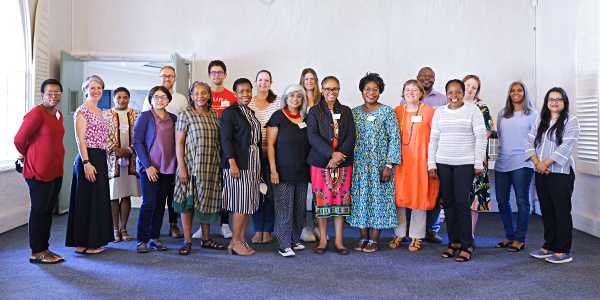
The two programmes ‘are stepping stones to launch and develop the careers of academics’.

#Wits100 donation will be used to fund the Micro CT scanner upgrade to benefit palaeontologists.
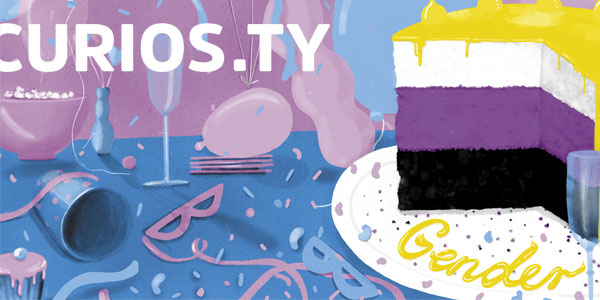
Read the 13th issue of Curios.ty, themed: #Gender. We feature research across the gender spectrum that aims to ensure a more equitable and tolerant society.

EDITORIAL: The way we choose to identify ourselves provokes questions and demands interrogation to ensure a more equitable and tolerant society.
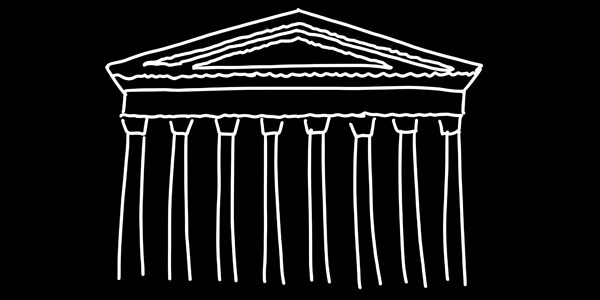
Structures need to be put in place at higher education institutions to give women their rightful opportunities.
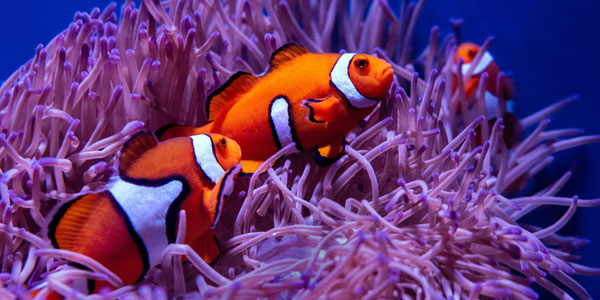
As a species, we are only starting to scratch the surface of our understanding of gender, sex, and identity.
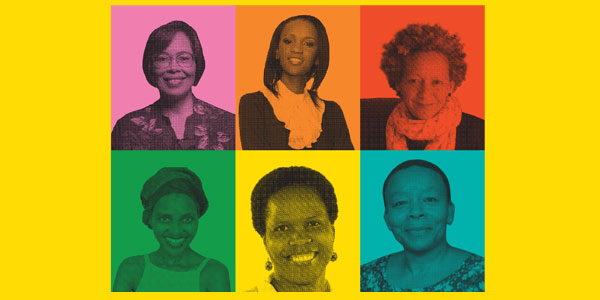
Eight female fellows of the Female Academic Leadership (FALF) Programme at Wits share their experiences of breaking the glass ceiling.
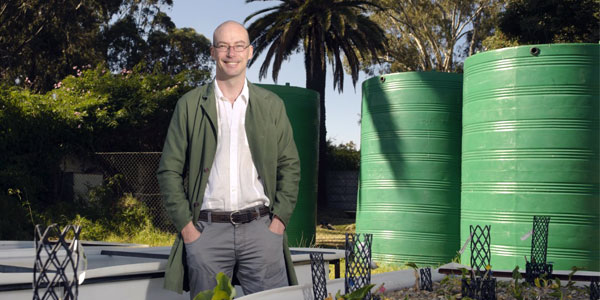
In this series, QS has been exploring the innovative and inspiring work being done by higher education institutions to address UN Sustainable Development Goals.

Wits strengthens EU partnerships through becoming a CIVIS Alliance strategic partner.
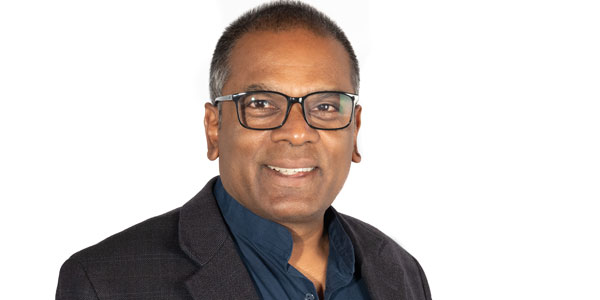
Scientific diplomacy must be given a chance to help enhance mutual understandings across political divides.

Professor Lynn Morris says universities 'value independent inquiry, intellectual excellence, integrity, and academic freedom and institutional autonomy'.

Professor Andrew Forbes recognised for his outstanding leadership in founding and growing an optics and photonics community in Africa.

Virtual linkup was done live from the ship while the ship was on an expedition to conduct science operations on the Walvis Ridge, off the coast of Namibia.

The University aims to raise R3 billion through the Centenary Campaign

The academic programme began in earnest today and it was fantastic to see students in class again and staff back on campus.

It was an upbeat post-pandemic return to campus when Wits academics gathered to celebrate research excellence.

LogBox App is being streamlined to make it easier for you to complete the questions.

The South African government released new 网易体育 regulations as at 31 January 2022, pertaining to changes to isolation protocols.

Wits team develops social distancing and shopper behaviour tracker for malls.

Team of experts help search for metals and minerals needed to meet the tech demands of an evolving world.
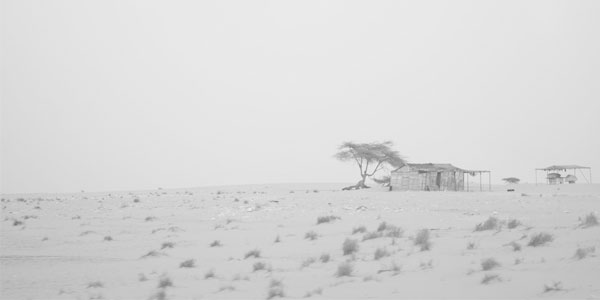
In order for snow to form, two distinctive weather properties are needed: cold temperatures and moist air. The Sahara can tick these boxes.

Apply for reasonable accommodation and upload your international vaccine certificate.
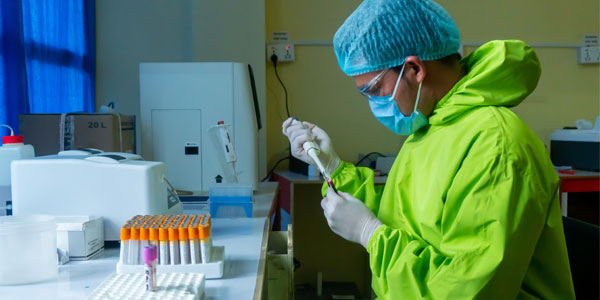
网易体育: Scientists without quality data are like unarmed soldiers in a war zone.
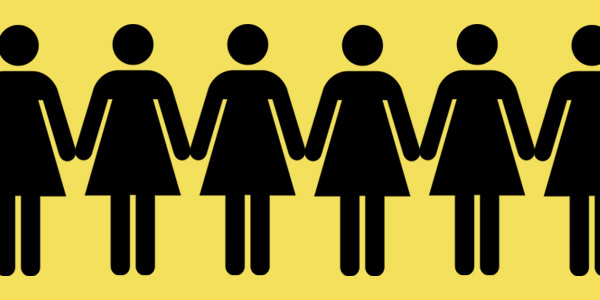
Scientists say the Commission’s statement against mandatory vaccinations is offensive, irresponsible and misleading.
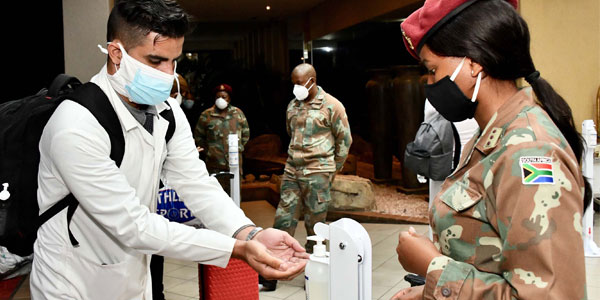
网易体育: On 15 March 2020, President Cyril Ramaphosa declared a national state of disaster in terms of the Disaster Management Act.

If you are experiencing glitches in uploading your certificate, this information might help. You can also log technical queries via ithelp@wits.ac.za.

Mandatory vaccination: The link to upload your vaccine certificate is now live.

Wits University adopted a Mandatory Vaccination Policy (Mvax Policy), which will be implemented from 1 January 2022.

Book about South Africa’s leading brains competes with Harry Potter in South African children’s book sales.
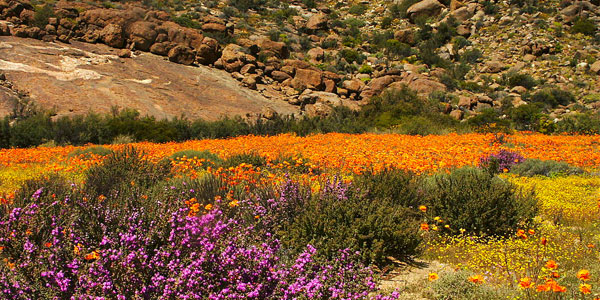
The progressively earlier flowering places the daisies at greater risk of failed flowering seasons. This would be a blow to biodiversity and tourism.

Institutional failures, infrastructure, socio-economic challenges and disaster education influence Nigerian cities’ vulnerability to flood disaster.

Wits Universit's Mandatory Vaccination Policy (MVAX Policy) will be implemented in January 2022.

Canon South Africa and RARI partner up to preserve our heritage through the camera lens.
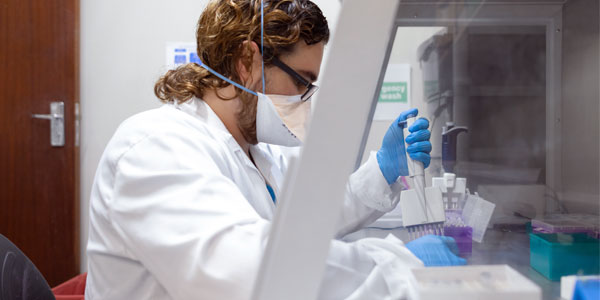
Early data show that Omicron is dominating new COVID-19 cases in Gauteng province.

From the Desk of the Wits Vice-Chancellor and Principal, Professor Zeblon Vilakazi: We are stronger because of the diversity of our people and our ideas.

“Quantum entanglement” is one of several plot devices that crops up in modern sci-fi movies.

Create space for dreams and wellbeing so that impactful work can happen.

Wits 网易体育 Hero Dr Armand Bahini says his actions are inspired by the institution that made him the man he is today.

Are you interested in the weather and its impact on nature? Here’s a career for you.

The extraordinary multimedia presentation comprises 16 unique display panels that include six videos by renowned documentary filmmaker Craig Foster.

Read the full statement, the policy, and the Q&A information document wherein Wits experts answer questions about vaccination, legal, ethical, and more.
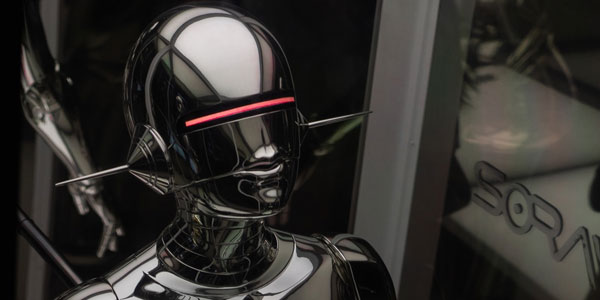
Inclusivity and diversity need to be at the level of identifying values and defining frameworks of what counts as ethical AI in the first place.

From providing analysis to the government, media and the public - Prof. Bruce Mellado has empowered many to make informed decisions about the pandemic.
![Life reconstruction of Australopithecus sediba com-missioned by the University of Michigan Museum of Natural History. [? Sculpture: Elisabeth Daynes / Photograph: S. Entres?sangle] Life reconstruction of Australopithecus sediba com-missioned by the University of Michigan Museum of Natural History. [? Sculpture: Elisabeth Daynes / Photograph: S. Entres?sangle]](/media/wits-university/news-and-events/images/news/2021-sept-dec/Asediba.jpg)
New lower back fossils settles a decades old debate proving early hominins used their upper limbs to climb like apes, and their lower limbs to walk like humans.

Impact craters are relatively shallow, so these bowl-shaped “dents” in Earth’s rocky crust can be easily buried or erased by erosion.

Most people avoid problems but not these learners.

Report: By 2030, up to 118 million extremely poor people will be subject to the devastating impacts of drought and intense heat.
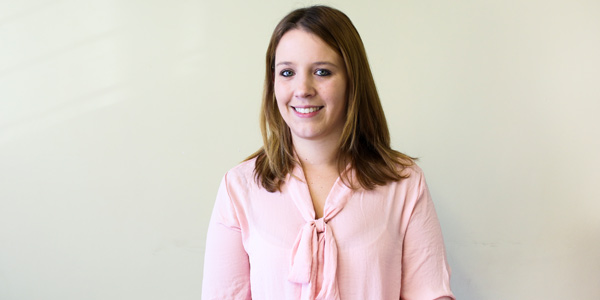
Associate Professor Jennifer Fitchett answers this question in Curious Kids, is a series for children published in The Conversation-Africa.
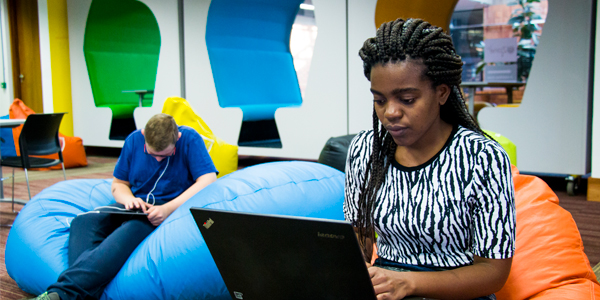
We need to move away from this binary approach, consider our contextual realities, and start with the end goal in mind.
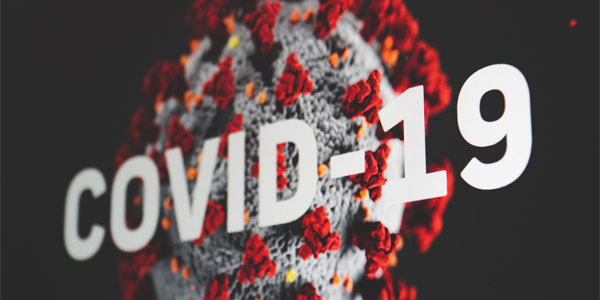
"We will also continue to engage with the broader Wits community on the proposed policy in the coming weeks."

Meet Leti, a Homo naledi child discovered in the Rising Star Cave System that yielded Africa’s richest site for fossil hominins.

How forensic science is unlocking the mysteries of fatal lightning strikes that could help save thousands of lives.

With mitigation and adaptation strategies and policies driven through COP26, southern Africa can reduce the impacts on local livelihoods.

Unveiling of the bust celebrates 60 years of space exploration and human space travel.
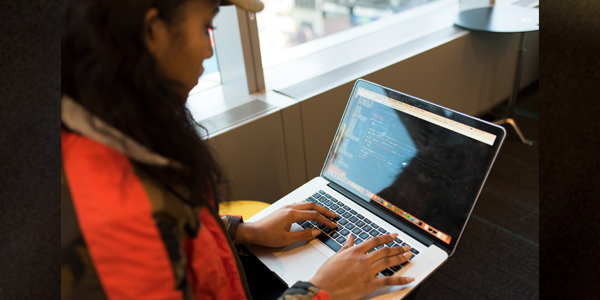
The shift to emergency remote teaching and learning enabled academics to start questioning some long-held assumptions about in-person teaching and learning.

Three Wits students are in the top 10 of the national FameLab competition.
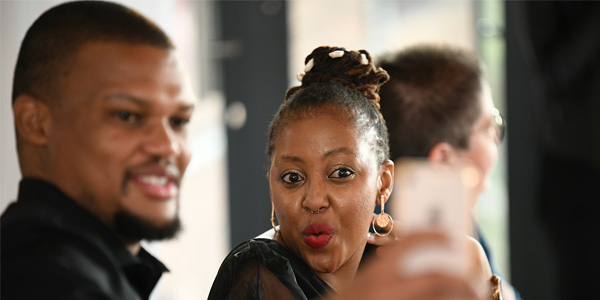
The annual Staff Awards reflect the Wits values that drive the ethos and excellence across our remarkable institution.
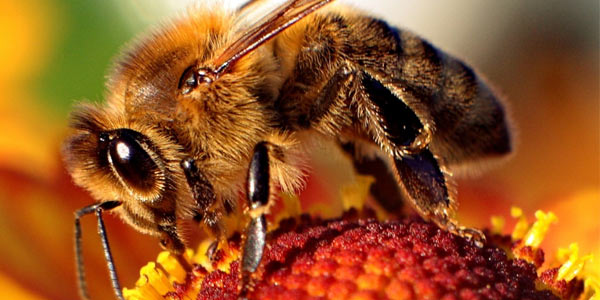
There are calls for measures to reduce the burden of red tape and promote and facilitate biodiversity research in South Africa.

The proposed Framework has been developed and will be shared with staff, students, senior managers, organised labour, and other constituencies for comment.

My name is Francis Otieno and I am telling this story to inspire school kids, emerging researchers, and everyone – your dreams are possible!

Wits launches global appeal, former Wits SRC President donates $100,000 to support students

Wits researchers won six National Science and Technology Forum (NSTF)-South32 research awards .

The sky is the limit for science superstar and PhD student, Mpho Kgoadi.
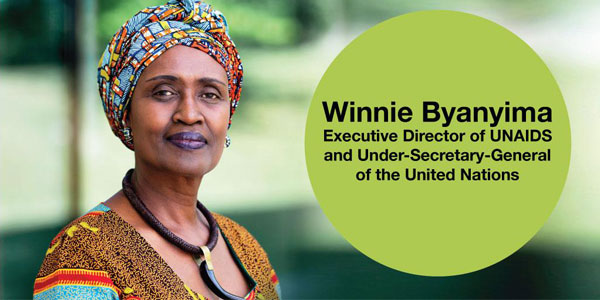
Greater urgency is needed in the response to pandemics, to end AIDS and to end COVID-19.

It will help to establish two research centres to boost cancer and vaccine research at the University of the Witwatersrand.

While South Africa has steered clear of compulsory vaccination for now, the country’s laws do allow such a policy.

JSCE-IITPSA ICT Skills Survey results will be released on 28 September 2021.
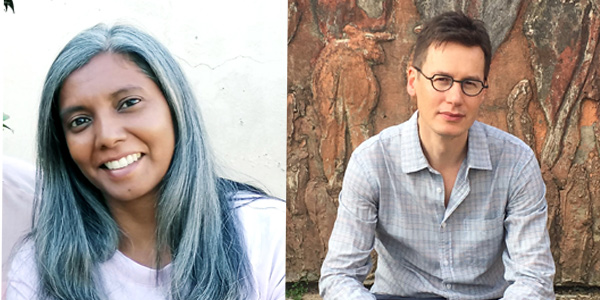
A love for teaching and learning, and a deep commitment to the provision of high quality educational experiences drives the Faculty of Science.

Details on vaccination and the return of staff members to campus.

The South African Quantum Technology Initiative (SA QuTI) aims to drive local quantum technology research and innovation.

There is no doubt about the enormous scale of the shocks South Africa has experienced over 2020-21.
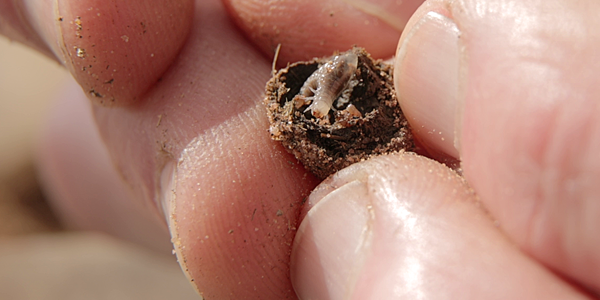
Beetles exposed to elevated carbon dioxide emerged later and smaller and had a reduced chance of making it to adulthood.

The AI Africa Consortium partners with Cirrus AI to bring large-scale AI infrastructure capacity and expertise to the African research community and industry.

Elevated carbon dioxide levels in the atmosphere negatively affects dung beetles size and survival.
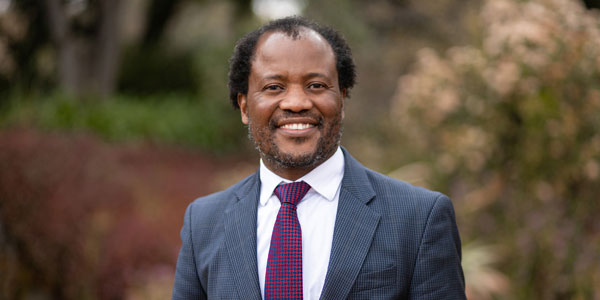
This article has been published in the print and online edition of the Daily Maverick.

Wits staff and students can now get their 网易体育 vaccine at the Netcare site on campus.

DEHN AFRICA donates R500 000 to the Johannesburg Lightning Research Laboratory at Wits University to support pioneering research in lightning protections.

A new and fast tool for quantum computing and communication.

Wits staff and students can now get their 网易体育 vaccine at the SABC vaccination site in Auckland Park.
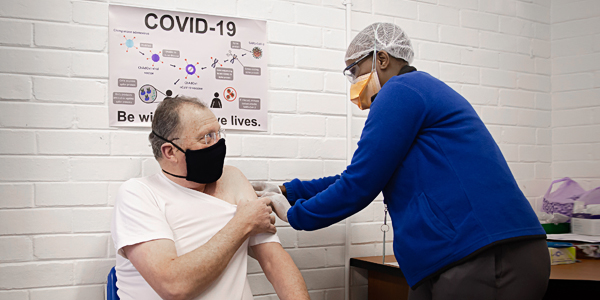
Wits staff and students who are 18 years and older can now get their 网易体育 vaccine at the Liberty vaccination site in Braamfontein.
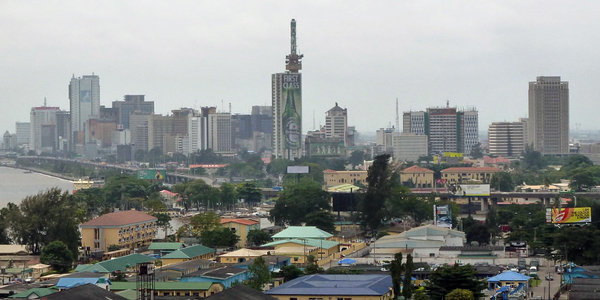
Private developers, building professionals and the government all share responsibility for building collapses.


Physicist Professor Saul Teukolsky receives the prize for theoretical work essential to the detection of gravitational waves.

The report makes it clear that climate change is widespread, rapid, intensifying and unprecedented in thousands of years.

What might happen in South Africa?
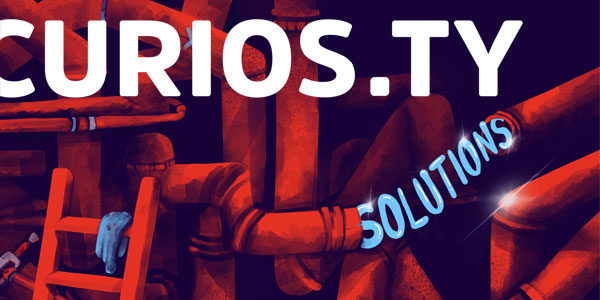
Our cutting-edge research offers #Solutions to some of the most challenging problems facing society today.
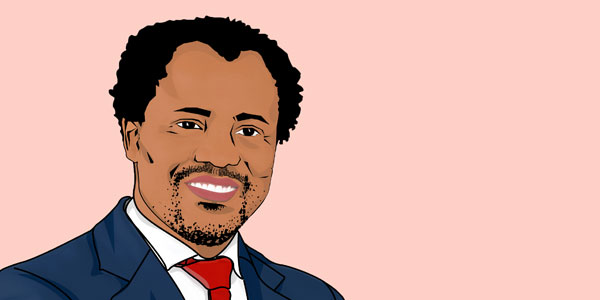
Editorial: From solutions to the structural, political, and socioeconomic challenges in South Africa, to those ‘moonshot moments’ that advance society for good.

South Africa’s infrastructure seems to be falling apart at the seams. What needs to be done to save the country from further deterioration?

Numbers in tourism translate into revenue for the sector. Mathematicians are now number-crunching creatively to solve tourism challenges.

Photographing a black hole in space, 55 million light years from Earth, seems an impossible task but scientists went to unprecedented lengths to achieve this.
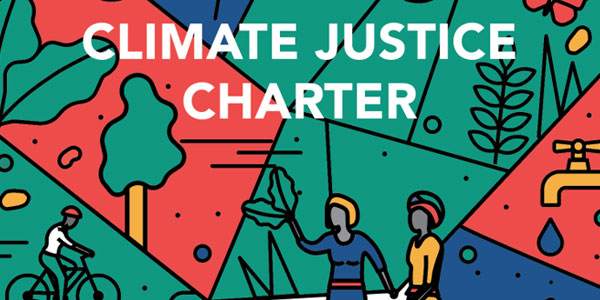
As the world looks to COP26 in Glasgow, Scotland in 2021, it’s clear that the time for sitting on the side-lines is over.
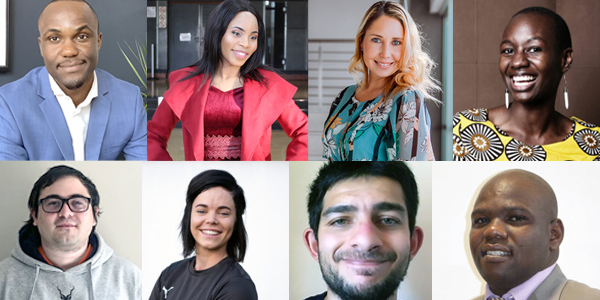
The Wits Senior Executive Team hail Witsies in the 2021 Mail & Guardian Top 200 for making a positive impact in society.
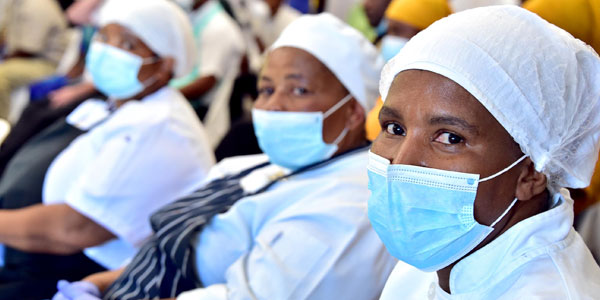
When politicians and others speak about herd immunity, unfortunately, they are under the misconception that the current tools that we’ve got are adequate.

Chapman’s pygmy chameleon, long feared to be extinct in the wild has been found surviving in patches of rainforest in Malawi.

Light pollution makes it difficult for dung beetles to see the stars which they use to orientate, Wits researchers find.

The circulation of misinformation about the 网易体育 vaccine poses the danger of hampering the government’s efforts to control the pandemic.

Failure to ensure access for all to prevention and treatment, including vaccines, undermines national responses to 网易体育.

We call on Acting Health Minister Mmamoloko Kubayi to do the right thing to ensure the 网易体育 vaccination programme is inclusive.

We are likely to keep being hit by further waves of this virus until at least all adults have immunity.

Schools are not driving the COVID-19 pandemic and can safely remain open provided people stick to the non-pharmaceutical interventions for COVID-19 prevention.
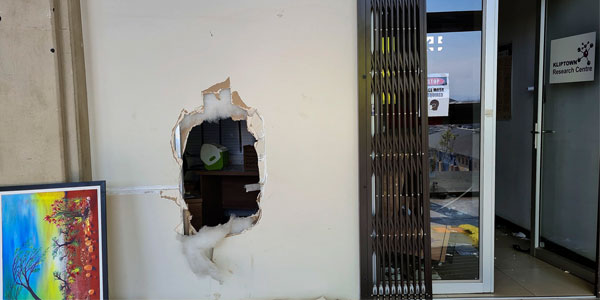
Despite the critical role of the PHRU as part of the national and international 网易体育 response team, it was not spared during the recent unrest.

Professor Barry Dwolatzky has been contracted as Director of Innovation Strategy.

Wits and the French National Centre for Scientific Research (CNRS) today signed a bipartite agreement of research cooperation to foster scientific excellence.

The Claude Leon Foundation will fund two research chairs and a research programme in water stewardship worth R15.7 million.
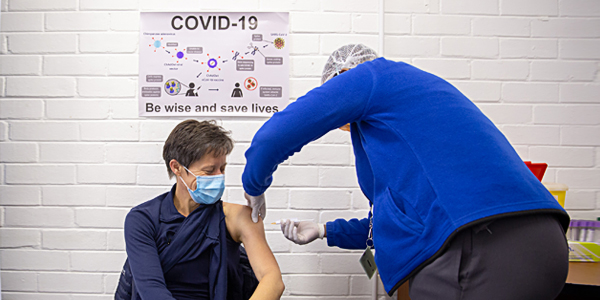
South Africa has clearly suffered the consequences of poor strategic decisions to this point. It doesn't need to continue along these lines.
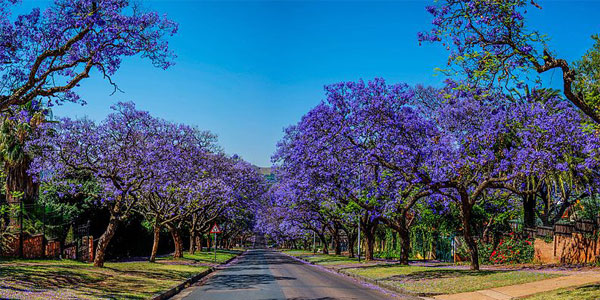
Climate change is causing jacarandas to flower earlier.

South Africa didn't engage early enough with pharmaceutical companies in bilateral discussions to ensure it could get vaccines early.

Professor Ruksana Osman has been appointed as Senior DVC: Academic and Professor Ian Jandrell as DVC: Systems and Operations.
It is an essential part of the national science system and it must be protected to perform its regulatory work.

Profile: NatGeo Emerging Explorer Dr Keneiloe Molopyane.

Award-winning screenwriter and producer, literary critic, a towering intellectual and generous mentor.

For the first time, a Wits University team will compete in the international RoboCup tournament.

Wits University’s future hub of Quantum Technology is switched on.
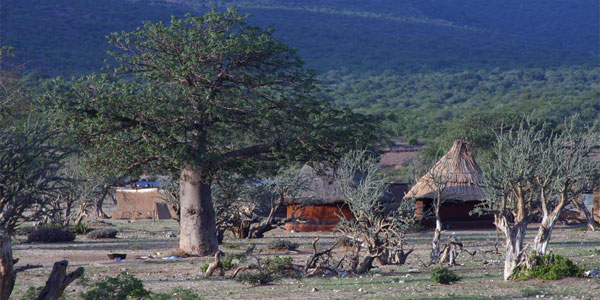
Baobab flowers have male and female parts but individual trees appear to be favouring one rather than the other.

WitsQ will provide first a forum for quantum scientists in all fields across the continent to connect.

The JCSE-IITPSA Skills Survey assesses skills demand and supply from both a corporate and practitioner perspective.

Results include 80+ researchers now collaborating from multiple continents, over 50 world class papers published and a new generation of scientists trained.

From 2010 to 2019 over 9 600 rhinos were killed in poaching attacks. On this current trajectory, South Africa’s rhino will be nearing extinction in nine years.

No more pandemics—this is the ambitious goal set by the Independent Panel for Pandemic Preparedness and Response

The third wave of the coronavirus has started in Gauteng and is rapidly gaining momentum as we head into the winter season.

Archaeologist and biological anthropologist, Keneiloe Molopyane, is recognised as a trailblazer by the prestigious National Geographic Society.
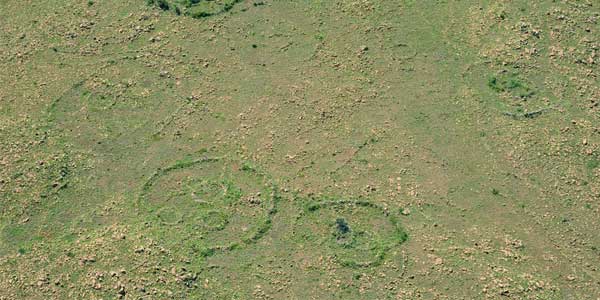
We now know that Bokoni Phase I was built as early as the 15th century – before the arrival of European colonisation or trade.

The use of South African technology to produce high tech electronic components will cost five times less than importing the technology from the United States.

Scholes’ students describe him as a ‘giant savanna tree providing shade in the heat, shelter in the rain, and a point of reference to navigate by’.

Scholarships seek to increase diversity in the fields of machine learning and are aimed at students from backgrounds underrepresented in AI.
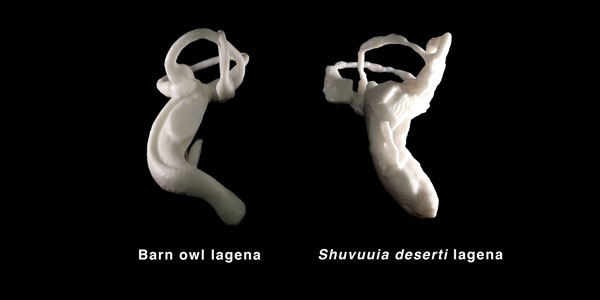
By looking at the eye bones and ear canals of extinct dinosaurs, researchers show that a small ancient predator likely had senses good as a modern barn owl.

Professor Bruce Mellado has been elected Chairperson of the Institutional Board of the Tile Calorimeter of the ATLAS experiment at CERN.

Waste reclaimers save South African municipalities up to R748 million a year in landfill space. Without them, the country's recycling economy would not exist.

Wits University is saddened by the passing of Professor Bob Scholes, one of the world’s leading scientists on Climate Change.

Eggs can remain in the soil for several years with the embryos waiting to receive sufficient moisture to complete development.
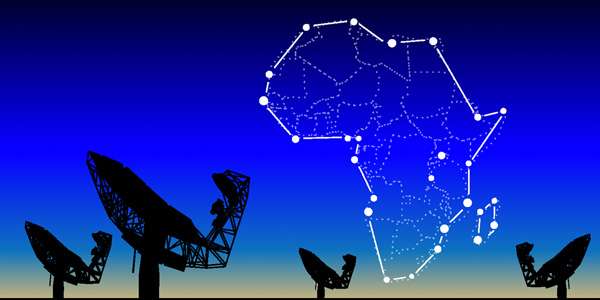
To fight poverty and promote equality, developing countries should pursue the highest levels of unfettered, open-ended scientific inquiry.

While models show a low risk of a third wave in South Africa, the country is still highly vulnerable.

Wits researchers report on a new phenomenon in magma chambers called “magmatic karstification”.

The search is on for the next Pop Idols of Science at the 2021 Wits FameLab Science Communication Competition.

As a biochemist/biophysicist working primarily with proteins, Sylvia Fanucchi is naturally drawn to the mechanisms of interactions of biological macromolecules.

The team, led by Professor Zeblon Vilakazi, will lead Africa’s effort to advance artificial intelligence research and its application across the continent.

Malaria kills over 400,000 people a year across the world. Africa carries the highest burden, with 90% of these deaths occurring on the continent.

Wits astrophysicists are the only two scientists on African continent that contributed to the study.

Wits scientists provide free testing of water quality in honour of International Water Day in Wakkerstroom.

Pasha 101: Two researchers unpack these events.
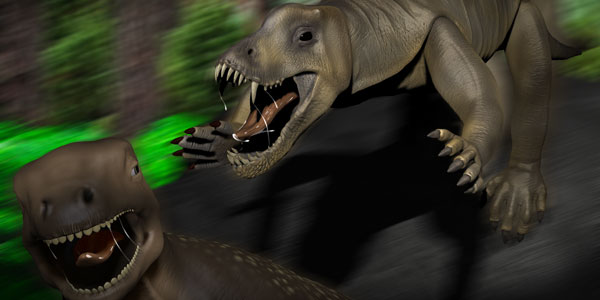
Previously thought of as heavy, slow and sluggish, the 260-million-year-old predator, Anteosaurus, was a ferocious hunter-killer.

High resolution X-ray imaging of Little Foot's skull and dentition shows Little Foot suffered periods of dietary stress and illness when she was a child.

This new Cluster will further encourage world class research through collaboration, coordination and communications.
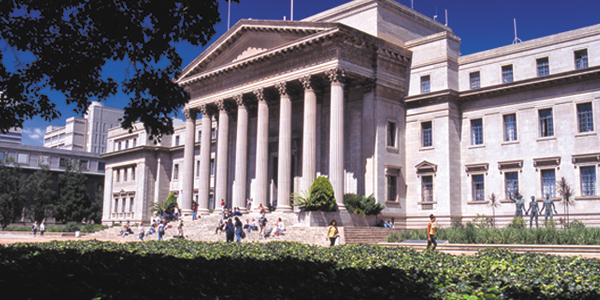
Tertiary education often carries societal benefits that far outweigh the initial investments necessary to establish a strong and productive system.

Professor Zeblon Vilakazi, Vice-Chancellor and Principal, shares three core areas that Wits will maintain as the University transitions into its next century.

Top researchers and postgraduates convene virtually for the 2021 Mathematics in Industry Study Group (MISG).

The Novavax vaccine is the first that provides objective scientific evidence that it can protect people against the variant virus circulating in South Africa.
All University entities are required to be fully operational as from 1 February 2021.

Update on the return to campus of staff members.

Clinical efficacy demonstrated in Phase 2b South Africa trial.

Wits geophysicists have invented cost-effective and environmentally friendly seismic technologies that will contribute to sustainable mining exploration.

Consortium will research predictive modelling and forecasting of the transmission of COVID-19 in Africa, using Artificial Intelligence.
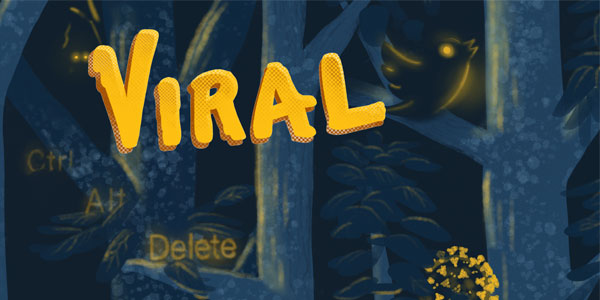
The pandemic demands a relook of how we connect with each other and the world.
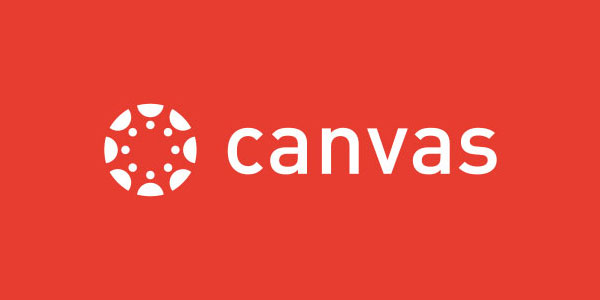
CANVAS, a modern, stable Learning Management System (LMS).

South Africa has the legal tools to challenge the vaccine nationalism of rich countries.

Modelling pandemics might be an imperfect science, but it is the best that we have.
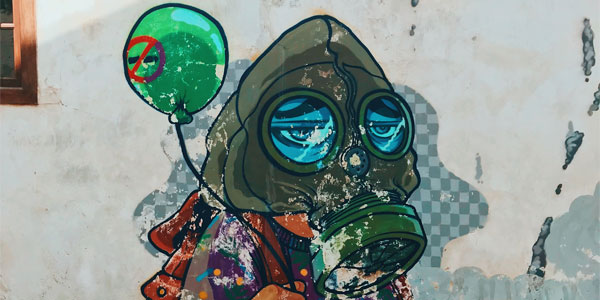
Scientists predict that an Age of Pandemics is imminent unless human beings change their ways.

Messages carried in structured light can secure quantum communications in the future.

Update on the latest 网易体育 testing and infection of staff and students.

It will take 67% of the population to be vaccinated to reach herd immunity; here is how those still reluctant can be persuaded to join in.

Implications for the (mis)management of 网易体育 in South Africa.
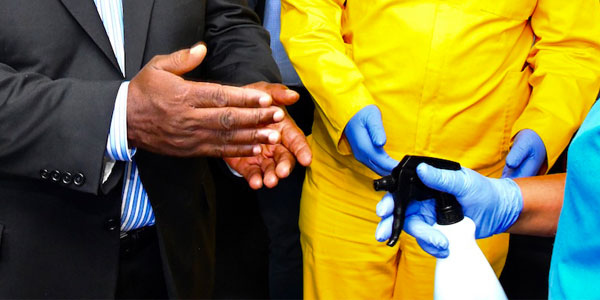
African leaders can make strategies to fight COVID-19 more accessible to the people.

Update on the latest 网易体育 testing and infection of staff and students.

Professor Vilakazi assumed office on 1 January 2021 and looks forward to stewarding the University in his capacity as the Vice-Chancellor and Principal:

Critics of the South African government argue that it has done too little too late to secure vaccines, and that it doesn't have a proper roll-out plan in place.

Pasha 91: Blunders that left South Africa trailing in the vaccine stakes
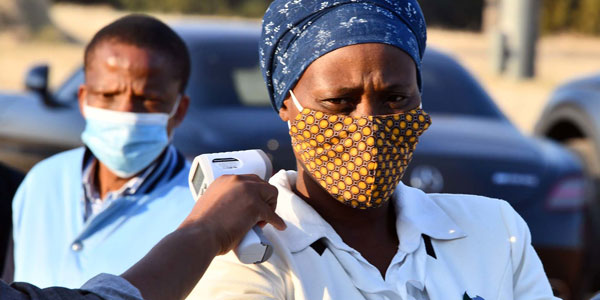
Drones, dinghies and an army helicopter - the new toys are diverting resources, and diverting attention.

This article examines and estimates the financial implications of a vaccine strategy with a goal of achieving herd immunity.
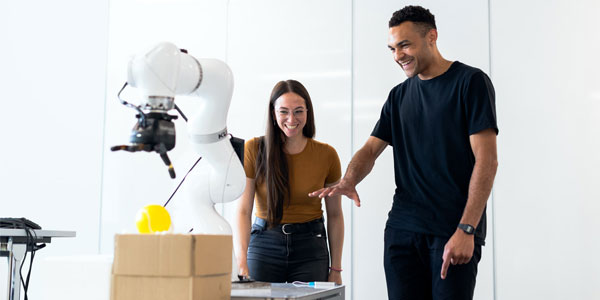
Considerations behind the largest and most complex undertaking of its kind in Africa’s history.

It is distressing to hear senior officials increasingly talking down the prospects for the availability and usefulness of 网易体育 vaccines in South Africa.

Implications of adjusted Level 3 regulations for staff and students.

Beyond the pandemic and possibilities for new knowledge architectures.

What are the urgent steps that South Africans need to take to prepare for a timeous life-saving roll out of vaccines?

Gauteng Government, IBM Research and Wits University are fighting the pandemic with artificial intelligence.

Changes in fire activity are threatening more than 4 400 species globally.

Update on the latest 网易体育 testing and infection of staff and students.

Wits University has taken all graduation ceremonies online, following the President’s announcement on Monday night.

Vice-Chancellor and Principal, Professor Adam Habib, will leave Wits University at the end of December 2020.

Update on the latest 网易体育 testing and infection of staff and students.

Wits plays key role in securing funding to develop Planetary and Space Science projects in Africa.

Humphry Tlou, a physics PhD student at Wits, is one of two students to be awarded with the CERN ATLAS PhD grant.

How can you trust what you are told about 网易体育?

Update on the latest 网易体育 testing and infection of staff and students.

Wits University has been endorsed by the prestigious International Nuclear Management Academy for its Nuclear Technology Leadership Programme.

The International Development and Research Centre (IDRC) grants $1.25 Million to the project.

Unique insights from an inspiring cohort of women in South Africa.

Update on the latest 网易体育 testing and infection of staff and students.

The Gold Medal from the South African Institute of Physics is the greatest distinction that is conferred in South Africa for achievements in Physics.

Five hundred Maths stars from across the country participated in the 2020 Wits Maths Competition.
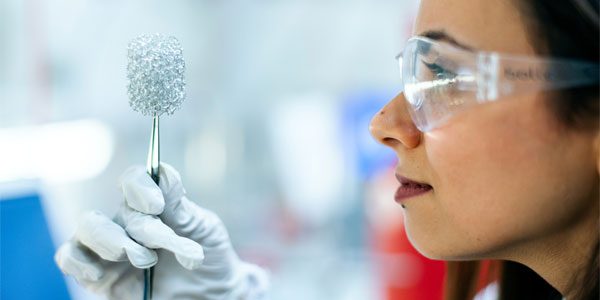
Register for postgraduate study at Wits University and be part of the future of exciting possibilities.

Research manager, Caryn McNamara, one of more than 50 international grantees to help develop research management professionals.

Update on the latest 网易体育 testing and infection of staff and students.
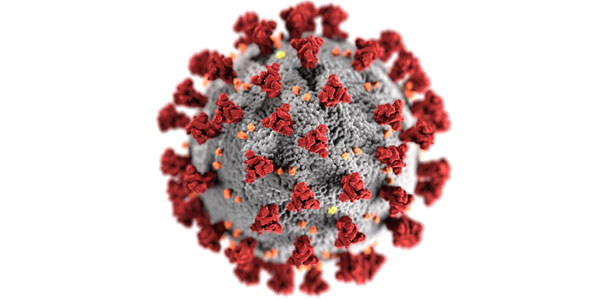
Following President Cyril Ramaphosa's address.

Update on the latest 网易体育 testing and infection of staff and students.
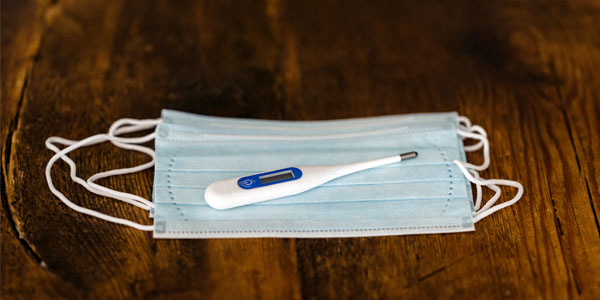
South Africa is testing digital technology to detect outbreaks of respiratory diseases.

Quality assurance entities are immobilising the system and hindering the ability of more students to access online education.

Wits researchers develop solution to improve accuracy and safety of 网易体育 testing.

Update on the latest 网易体育 testing and infection of staff and students.

Exciting new research at Wits made possible through the GCRF START grant.

Wits conservation scientist, Dr Bernard Coetzee received the prestigious Jennifer Ward Oppenheimer grant for his work on light pollution.
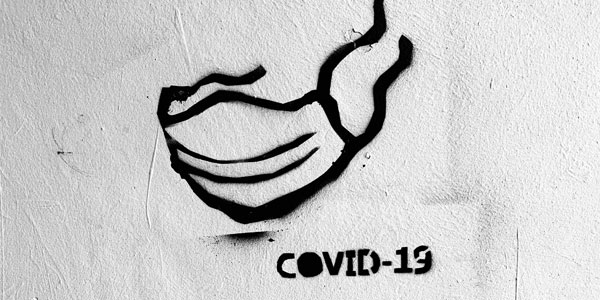
网易体育: When and how South Africa should try to prevent or mitigate it.

Update on the latest 网易体育 testing and infection of staff and students.
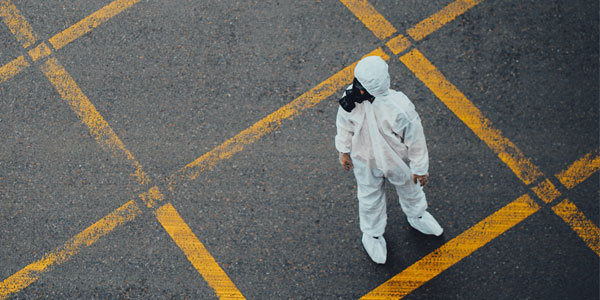
It is key to continue high-impact non-pharmaceutical interventions that will not impede economic activity, but limit the spread of COVID-19.

The 2020 Fak’ugesi African Digital Innovation Festival will run for one month from 20 October to 20 November 2020.
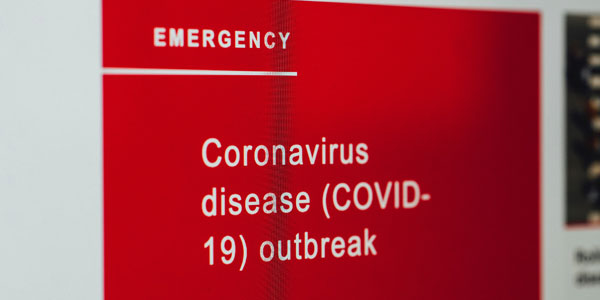
Latest update on infections and university protocols.
, Zakhele Ndala (School of Chemistry) and Leigh Crymble (Wits Business School)_600x300.jpg)
Finalists at Wits’ first cross-faculty PhD Seminar kept judges and audiences on the edge.

The threats of climate change to plants, animals and people in Africa mean that the continent is an excellent place for biometeorological research.

Trends across the different rainfall zones can be linked to changes recorded for large-scale climate systems.
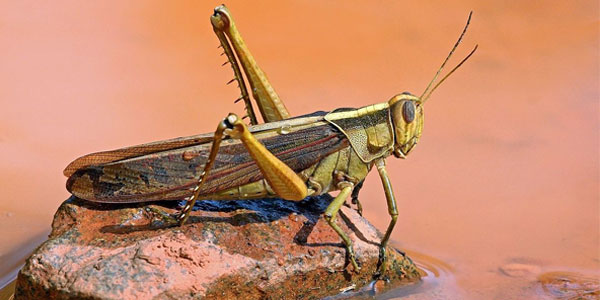
Locust outbreaks are driven by unusual climatic conditions.

Appeal to adhere to safety regulations and preventative protocols.

Paleoanthropologists have published a book on the fossils excavated from Sterkfontein Caves for the benefit of the global scientific community.

Research shows seasonal dietary changes increase the abundances of savanna herbivore species.

The discovery of triplet spin superconductivity in diamonds has the potential to revolutionise the high-tech industry.

Answers to queries raised by organised labour and staff members.

Professor Charles de Koning is awarded the South African Chemistry Institute’s (SACI) gold medal and gets inducted as a Fellow of SACI.

Durand uses cell death as a lens through which to examine the interconnectedness of life and death.
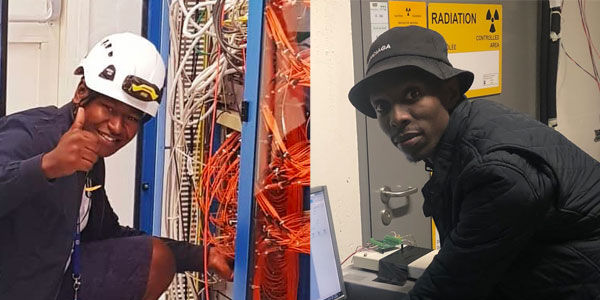
The two students have also been awarded highly competitive fellowships for their outstanding work.

We welcome the news that South Africa will move to national lockdown level 1 from Monday, 21 September 2020.

Court victory by an NGO against municipality has laid bare the red tape and misgovernance that often burdens the process of issuing water licenses.

A balancing act between scientific data and health and broader socioeconomic implications is needed when policymakers prioritise interventions and measures.

The experience of the Oxford vaccine and the measures put into place are not unusual. Many phase one and phase two clinical trials have holding rules.

Pasha 80: Fighting the coronavirus can put severe strain on a person’s mental health.
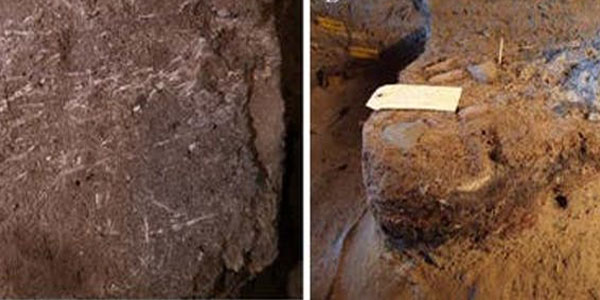
Before 200,000 years ago, close to the origin of our species, people used ash as layers for broad-leaved grasses to build their beds.
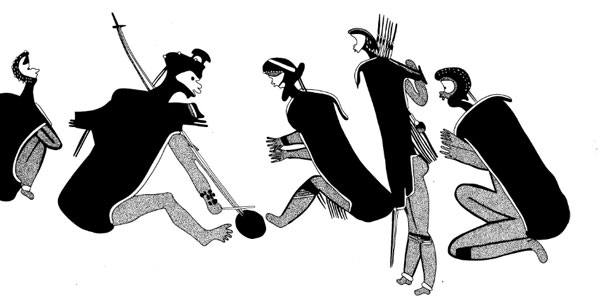
Music is thought to be one of the ways that our ancient ancestors expressed their emotions – and may well have led to early languages.

Pasha 78: Listen to Professor Shabir Madhi, explaining how the new vaccine trial will work

Jennifer Fitchett, an Associate Professor of Physical Geography at Wits has been selected as a member of the South African Young Academy of Science (SAYAS).

Poor populations bore a disproportionately higher burden of poor health.

SA should fire the current Cabinet and set up a national “emergency” one with the best talents in the country prevent it from plunging down the cliff.

When university resources are scarce, building and sustaining equitable research excellence should be paramount.

Wits is top of the class in the 2020 Academic Ranking of World Universities.

Humans prepared beds to sleep on right at the dawn of our species – over 200 000 years ago.
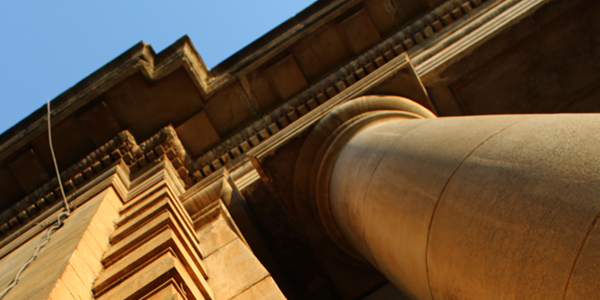
Three South African vice-chancellors paint a post-COVID picture for universities.
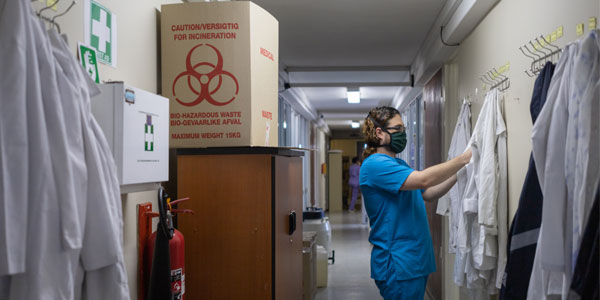
Women’s extended working days have become normalised, despite the adverse effects on their progression within the labour market and general well-being.

Special Report by the Wits School of Accounting on how companies should manage the 网易体育 pandemic.

The third in a series of expert advisories on how to respond to 网易体育 which will be published from time to time by Maverick Citizen.

This is the second of a series of Expert Advisories on how to respond to 网易体育 which will be published from time to time by Maverick Citizen.
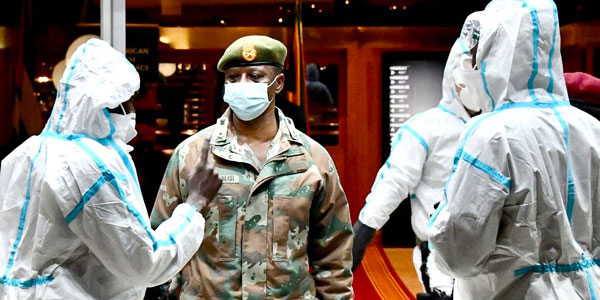
This is the first of a series of expert advisories on how to respond to 网易体育 which will be published from time to time by Maverick Citizen.

Alternative energy at increased efficiency with lower cost and improved environmental footprints has a domino effect on socio-economic landscape.

“Our vision one day is to see such fuel cells commercialised and distributed around Africa and the rest of the world," says Sikhumbuzo Masina, PhD candidate.
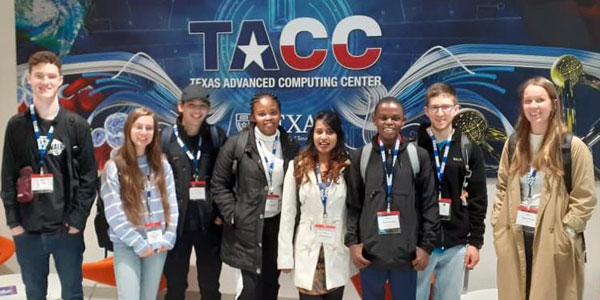
Despite 网易体育, Wits students won second place with their applications to aide analysis of 网易体育 data in the competition held online for the first time.

Symposium coincides with the publication of their article on environmental drivers and the potential seasonality of COVID-19.

It’s a mixture of feelings as students face the impact of 网易体育 on their studies, exams, research and careers.

Three Witsies in human genetics, economic geology, and public health research data respectively have won National Science and Technology Forum (NSTF) awards.

Wits Researchers demonstrate a new quantum approach for sharing a secret amongst many parties, setting a new record for the highest dimensions and parties.
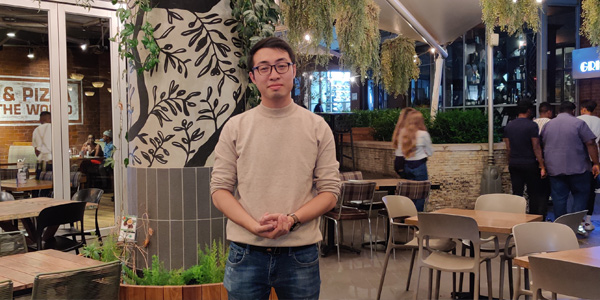
Jimmy Yuan, an Actuarial Science student, is the recipient of the 2020 Adrian Gore Fellowship Award (AGF) offered by Discovery.
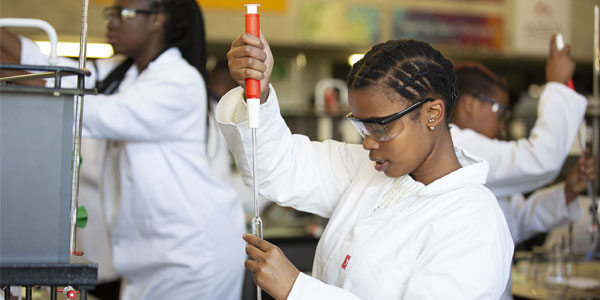
Investments are starting to help grow the African continent's science preparedness.

Data from 2.7 million human activity records show just how extensive human use of Antarctica has been over the last 200 years.

With the onset of the Coronavirus/网易体育 pandemic, working and studying remotely have increased the risk of cybercrime.

Witsies, please take care, adhere to social distancing and follow 网易体育 protocols.

Not enough clinical research is being done in Africa. This has repercussions for when interventions become available and effective in high income countries.
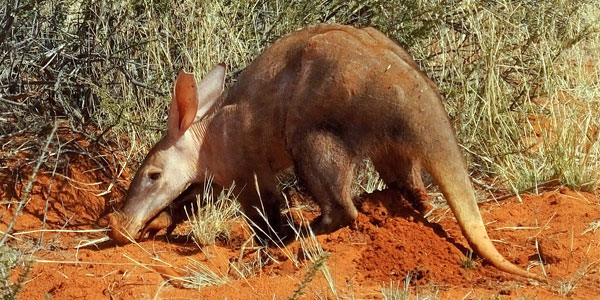
Wits researchers find that aardvarks feeding in the daytime during droughts might be starving.

Students who are scheduled to return as part of phase 2, will return in mid-July.

Phased return of more academic, professional and support staff and students to campuses.
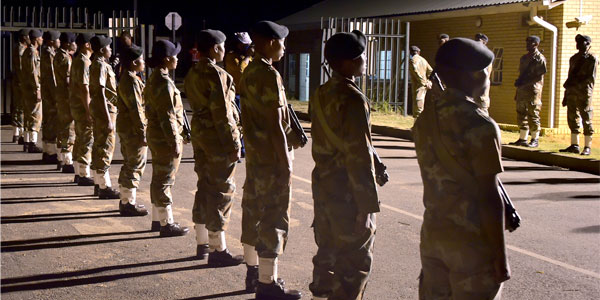
SA had to have a hard lockdown because we don’t trust our government. Little since has made us change our minds.

South Africa's public health system has been allocated R21.5 billion more to fight the 网易体育 pandemic but there's no strategy to guide how it should be used.

ACES 2020 ATLAS CMS Electronics is the state-of-the-art international electronics conference for Large Hadron Collider LHC upgrades at CERN.

South Africa will have to prioritise new business, employment and growth based on the current and new domestic and global needs unleashed by 网易体育.

Professor Zeblon Vilakazi appointed as the Wits Vice-Chancellor and Principal from 1 January 2021

The first participants in South Africa's first clinical trial for a vaccine against 网易体育 will be vaccinated this week.
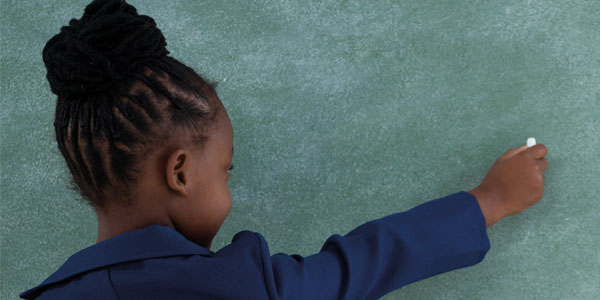
Government is steaming ahead with the reopening of schools. This is an overly hasty, ill-considered step for a number of reasons.

Detecting fever requires measuring core body temperature. Screening measures the body's surface temperature.
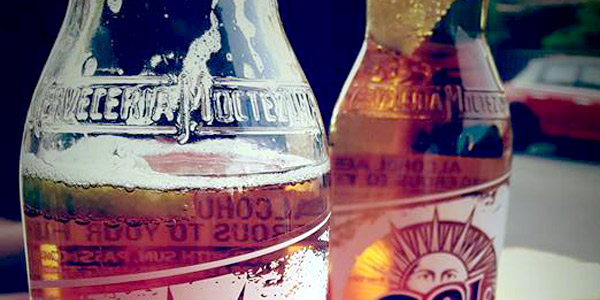
Until now the search for early evidence of alcohol has fixated on residue analysis.
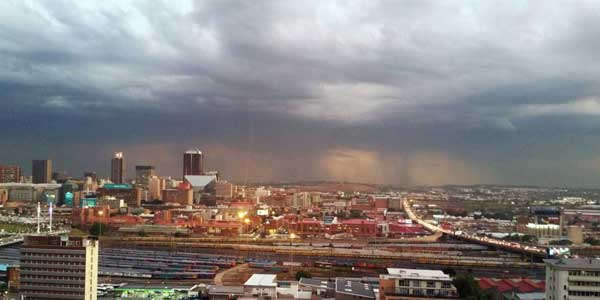
Examining old vegetation sediments to learn about shifting weather patterns and climate change.

Students and staff members who have not already done so, must complete the student survey or staff survey before 8pm on Thursday, 11 June 2020.

By identifying the roots of global ills there's an opportunity for coordinated action as countries lay new pathways for a post-Covid world.

The study challenges a recently-emerged paradigm that magma chambers are huge masses of crystals with just a very small amount of melt.

Pasha 66 - The Conversation Africa's podcast series focus on questions arising from the symptoms of people who have contracted the coronavirus.

Self-screening form on the app is for staff members with permits to be on campus, and students who have been invited to return to campus only.

Professor Lee Berger accepts a challenge in science communications to turn a science paper into an interesting video lecture.

Twelve Wits scientists across disciplines have been nominated for NSTF-South 32 Research Awards, known as the 'Science Oscars', and eight are finalists.

New level 3 regulations mark an important strategic shift in the government’s approach to the coronavirus pandemic.
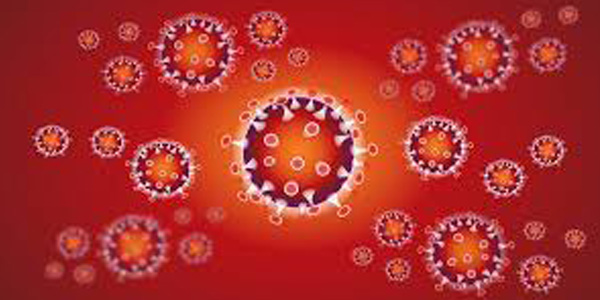
The testing backlog and proposed testing strategies outside hospital settings are threatening patient management and compromising health care workers’ safety.

The most profound change is the accelerated of way in which digital transformation and the Fourth Industrial Revolution have moved at warp speed.

New initiative provides students with data to access selected URLs through the Wits network.

Discovering a fossil site takes a lot of hard work and a little bit of luck. Professor Lee Berger describes the clues that led him to the discovery of Malapa.

Professor Lee Berger explores the origins of the this great debate and examines the arguments of the terrestrialists and the arborealists.
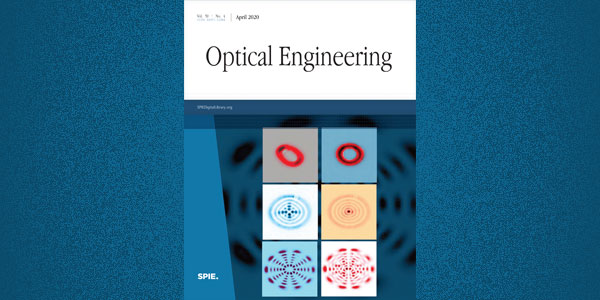
Wits Master’s students create best practice guide for efficient and accurate use of DMDs in structured light laboratories.

Statement of Support for Professor Glenda Gray and the Principle of Academic Freedom of Speech.

Three staff members from the Faculty of Science share their experiences of lockdown.

School of Chemistry researcher, Dr Dalia Saad, is a recipient of the 2020 FLAIR research fellowship.

Gladysvale is known for its impact on the dating of cave sites in Africa and has produced some of the most spectacular faunal remains of extinct animals.

The four telecommunications companies agree to extend the provision of data to students for another 15 days.

Does the fossil sample for Australopithecus africanus only represent one species. Professor Lee Berger takes on this sticky question.
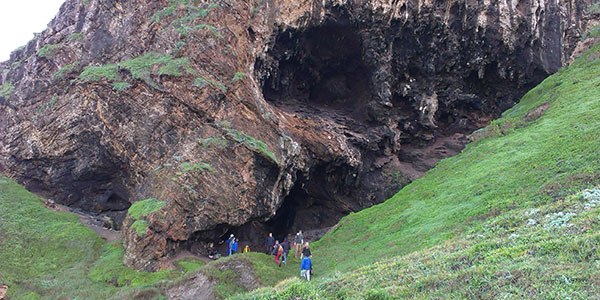
The artefact closely resembles thousands of bone arrowheads used by the indigenous San hunter-gatherers from the 18th to the 20th centuries.

South Africa should base its COVID-19 mitigation strategy on the premise that the pandemic will last for two years unless a vaccine is developed before then.

Professor Lee Berger explores the use of the absolute age of fossils in questions of phylogeny, and where the age of a fossil is important.

Is there any evidence in the fossil record that giants have lived on Earth in the past? Professor Lee Berger explores this question.
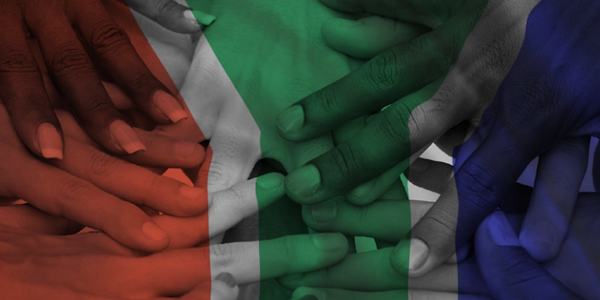
A reminder to all students and staff about Wits' mental health and wellbeing services that are available to you during the 网易体育 pandemic and lockdown.

Information pertaining to the screening of staff and students entering University campuses and premises.

Professor Lee Berger explains the context of how original fossils are preserved and explores the context of discoveries.

The science to policy process that was developed to guide climate mitigation decisions can be applied to the response to the COVID-19 pandemic.

SA's response to the COVID-19 pandemic was one of 'intervene first and ask questions later'. Now is the time for government say what its strategic endgame is.

Professor Lee Berger explains the concept of species in palaeoanthropology.

Professor Lee Berger shows what is behind the doors of the Phillip V Tobias Fossil Hominid vault.

Professor Lee Berger introduces one of the world's longest running and richest fossil hominid sites.

New metasurface laser opens up a new world of applications using optical control of physical objects.

Professor Lee Berger explains the mystery surrounding human relatives living in Africa during the middle Pleistocene.

These Wits heroes represent just a fraction of the clinical, academic, professional and administrative staff, alumni and students responding to this disaster.

South Africa cannot afford to embark on a strategy of extended periodic lockdowns. It needs to shift to mass testing and contact tracing.

In the second episode of Professor Lee Berger’s series of lectures on human origin, he delves into his favourite hominid-bearing site, Makapansgat.

Lectures will feature some of the University’s fossils, including the Taung Child, Homo naledi, Australopithecus sediba and various other fossils.

High-powered X-rays of the world’s oldest fossilised dinosaur embryos show surprising similarities to the embryos of today’s crocodiles, lizards and chickens.

Forbes is the first South African to take over the reins of the 100-year-old publication published by the UK’s Institute of Physics.

Geologists found the answer as to why certain magmatic rocks have varying proportions of minerals than what is expected of their type.

The Wits School of Molecular and Cell Biology has donated medical gloves for frontline healthcare workers at Chris Hani Baragwanath Hospital in Soweto.

The Wits School of Molecular and Cell Biology has donated medical gloves for frontline healthcare workers at Chris Hani Baragwanath Hospital in Soweto.

The clock is ticking: in the absence of government support, not being able to work means waste reclaimers don't have money to buy food.

Amongst the best in their fields, Wits experts are at the frontlines and behind-the-scenes against COVID-19, the respiratory disease caused by the coronavirus.

The dashboard is aimed at informing government, scientists, the media and general public with quick, easy-to-understand information on the current situation.
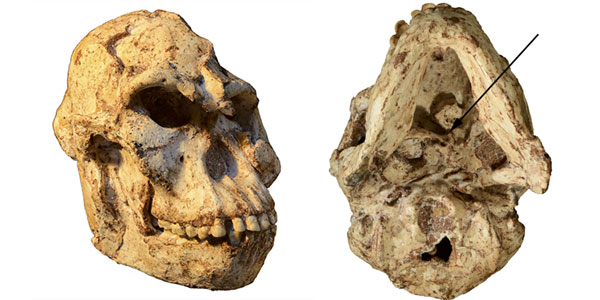
Studying Australopithecus, an extinct hominin genus that represents a branch of our family tree, is a great way to make more sense of our bushy family tree.

Micro-CT scanning of “Little Foot” skull reveals new aspects of the life of this more than 3-million year-old-human ancestor.
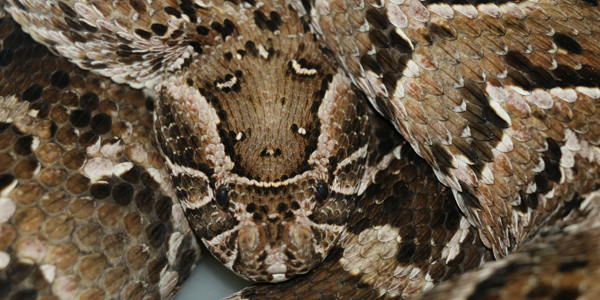
The wildlife trade has long been closely linked to disease outbreaks.

Geologists from Wits have come up with an original explanation of how nature may produce a class of magmatic rocks that are made up of only one type of mineral.

Researchers at Wits University have created the world’s first framework, to better guide the management of terrestrial invasive species.

The Future Earth Report is an overview of some of the various risks faced by humanity, where it comes to our sustainable future on the planet.

Team visits Jemstech to view progress on first SA-made prototype for Tile Calorimeter of the ATLAS Detector at CERN.

It can be attributed to the Indian Ocean Dipole, the difference in sea surface temperatures between the eastern and western tropical Indian Ocean.
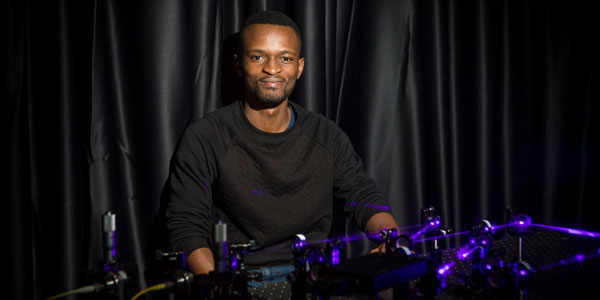
A team from Wits (South Africa) and HUST (China) show that multi-dimensional quantum communications with twisted light is possible down legacy fibre networks.

Group of students find a large haul of fossils on the first day of their dig in Oviston Nature Reserve.

The charred remains of root vegetables found at Border Cave help us understand how early humans survived and thrived.

EDITORIAL: We do not have a choice. It is incumbent on each of us to tackle the #ClimateEmergency.
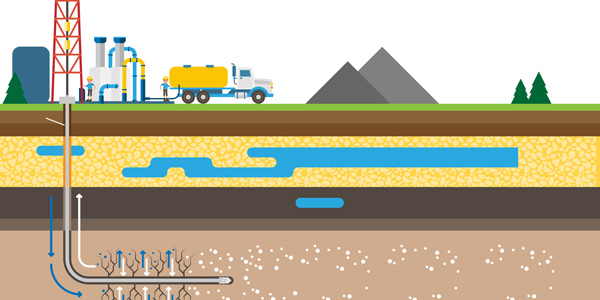
An energy crisis built on an obsession with fossil fuels. Can alternative energy resources save the day for South Africa?

South Africa’s waste pickers are critical to our recycling economy and green future, yet they are marginalised, maligned, and discarded.

Consumer products rule our world. Period. And in our modern lives, electronic equipment is no longer a luxury – it is a necessity.

Grasslands are vastly biodiverse areas and vital for the sustainability of human wellbeing.

Grasslands have unique strategies that have ensured the enduring survival of southern Africa’s veld.
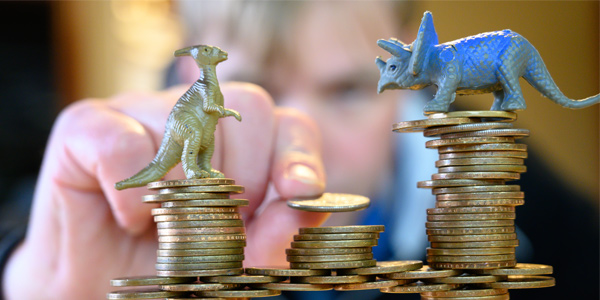
The days are gone where companies must only report on their financial bottom line. Now they should report on their impact on the environment too.
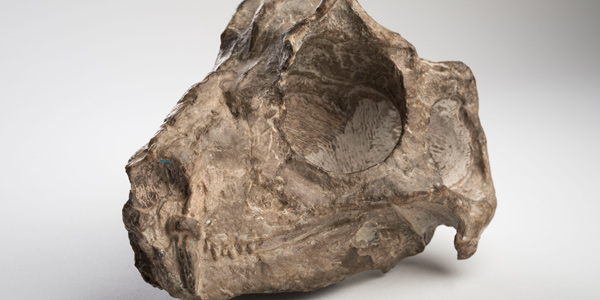
Palaeoscientists are uniquely placed to interrogate the Earth’s geological records, the origin and development of life, biodiversity change, and extinctions.
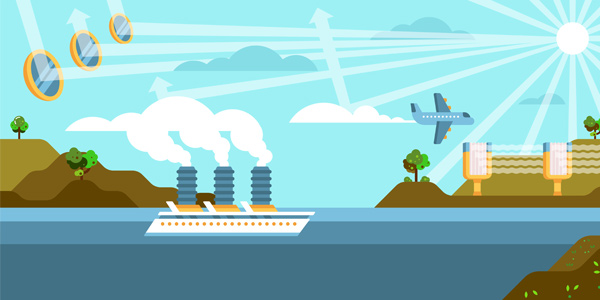
Q&A with Professor Bob Scholes on a major project that is about to begin at Wits to look at potential and problems with four climate engineering ideas.

COLUMN: Black Friday blues’ impact on my quest to go green, on my green backs, and the implications for Earth.

Monitoring the timing of recurring biological events is key to understanding the effects of climate change.
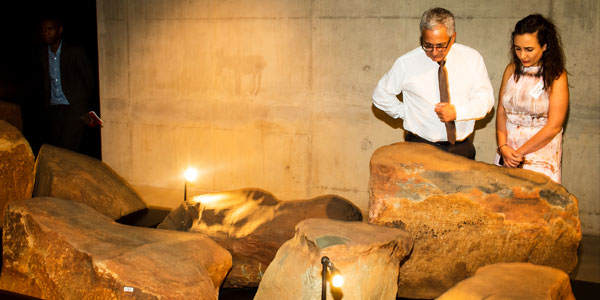
The Origin Centre has added a new wing that's perfect for a visit, the Rock Engraving Archive.

The discovery also points to food being shared and the use of wooden digging sticks to extract the plants from the ground

Wits awarded a Gold Medal to John Teeger, President of the Board of Wits Fund Inc., an independent fundraising entity representing Wits in the USA.

“Investment in quantum technologies in South Africa is crucial if we want to leverage the next level of discovery research,” says Professor Zeblon Vilakazi.
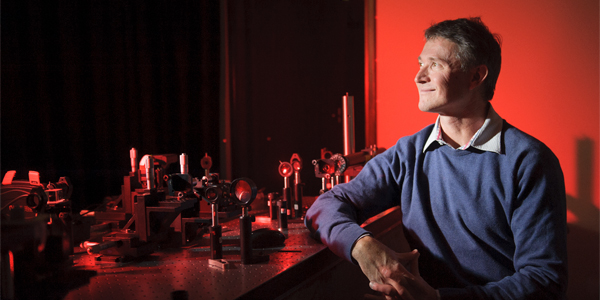
‘Fractal light from lasers’ research by Wits physicists named among the most influential in optics and photonics in 2019.
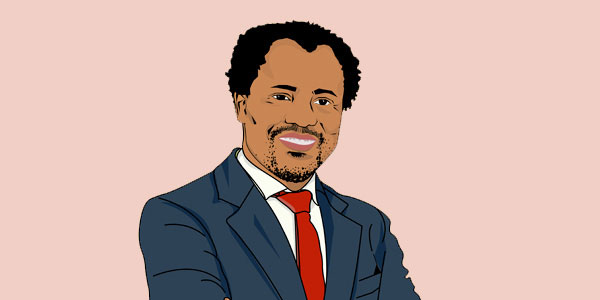
EDITORIAL: It is only through understanding yesterday that we can shape today and create tomorrow.

Humankind is facing an ever-growing data tsunami that could swamp us as a species – or provide us with unheard of opportunities.
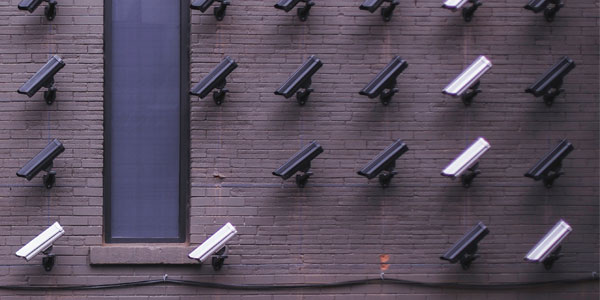
In an increasingly data-driven world, are we just walking data sources for the benefit of giant multinational corporations?

Data are gathering in pools and lakes. As we dip our toes into these murky waters, we see a sign that says, ‘Here be dragons…’
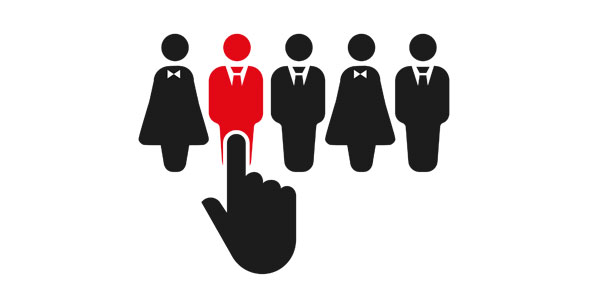
A new generation of apps could soon help health professions to decode the causes of death, and predict the likelihood of dying.
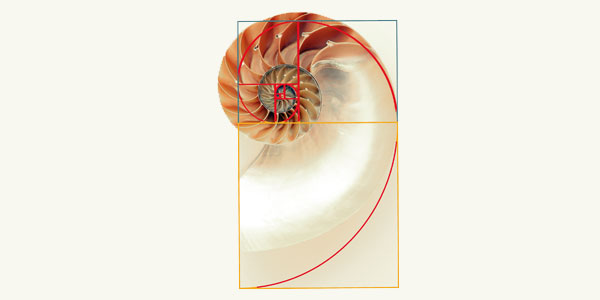
Speaking to visitors from outer space would one day require a common language and one not found in a dictionary.
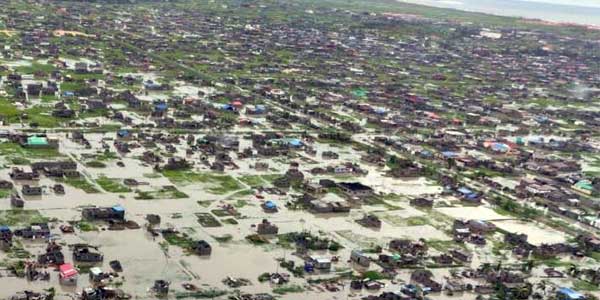
As storm directions change, countries that are outside the usual tropical storm zones need to ready themselves.

Quantum mechanics is embracing patterns of light to create an alphabet that can be leveraged to build a light-based quantum network.

The rock art archive is the first of three new floors that will provide public access to some of South Africa's most valuable historical finds.
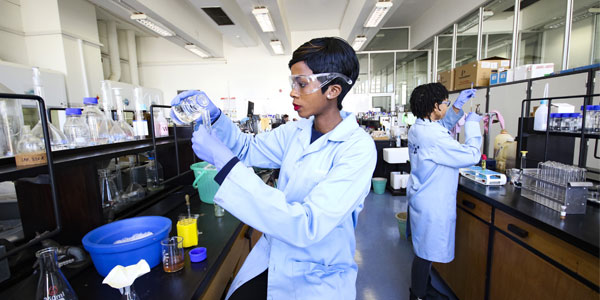
We need to think more deeply about how we can develop science more extensively on a global scale for the common good of all of humanity.
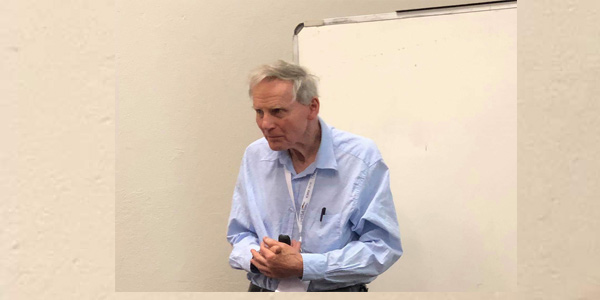
Prof. David Mason from the School of Computer Science and Applied Mathematics has dedicated his life to inspiring excellence and producing quality graduates.

A delegation from Wits University, headed by the Vice-Chancellor and Principal, Professor Adam Habib, visited the European Laboratory, CERN.

African scientists speak out about global plans to plant trees on their continent.
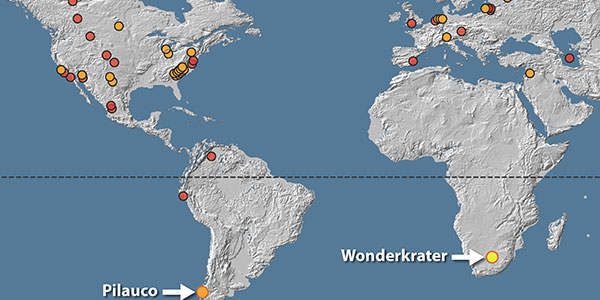
Could platinum-rich dust associated with the impact of a very large meteorite have contributed to major climatic change and extinctions 12,800 years ago?
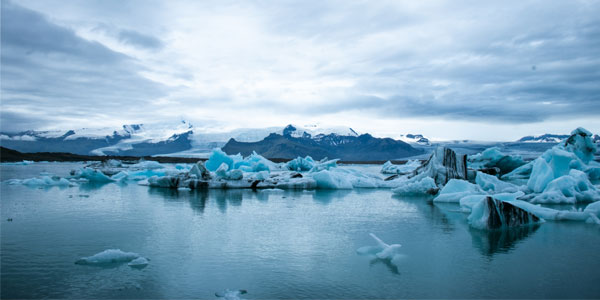
Monitoring the timing of recurring biological events is key to understanding the effects of climate change.

There are three important issues to consider when thinking about quakes: what causes them; how to prepare and plan for them; and, how to move on afterwards.

The South African national treasures will for the first time ever go on display for international audiences, when it is exhibited in Dallas, Texas

First African evidence to support hypothesis of an asteroid impact that contributed to the extinction of large animals 12 800 years ago.

Talented Grade 12 learner Phila Mahlangu was awarded a scholarship to study at Wits at the 2019 Wits Maths Competition prize giving.

Rauisuchians fed on vegetarian dinosaurs according to Wits student Rick Tolchard.

An internationally respected group of scientists, including Professor Francois Engelbrecht Wits have urgently called for world leaders to tackle climate change.

The '4IR: Philosophical, Ethical, Legal Dimensions' conference explored the Fourth Industrial Revolution (4IR).

Africans should be the contributors, shapers and owners of the coming advances in artificial intelligence and machine learning, says Professor Zeblon Vilakazi.

Women’s Month ends on a high note as two female academics make it to the 2019 #InspiringFiftySA list.

Female Wits academics and students were recognised at the annual South African Women in Science Awards.

Professor Nithaya Chetty has been appointed as the new Dean of the Faculty of Science from 1 December 2019.
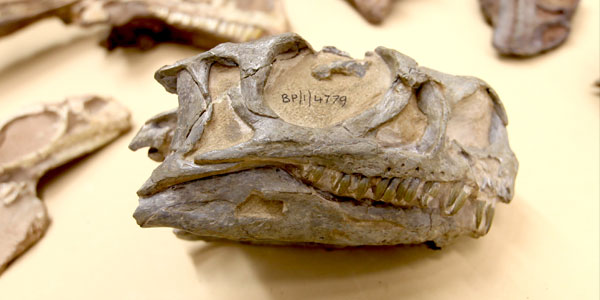
A fossil hidden in plain sight in South Africa turns out to be a new dinosaur.

Researchers show how some bone artefacts from archaeological sites in South Africa's southern Cape region might have been used in sound production.

Team is working on techniques to produce useful compounds from wood and fast growing non-edible plant waste, through a chemical process named xylochemistry.

Sourav Saha, a PhD student in the School of Molecular and Cell Biology won first prize at the Wits Science Slam competition for his cancer treatment research.

Professor Francois Engelbrecht from the Wits GCI stresses climate risks for southern Africa in talk on Africa’s projected climate change futures in Accra, Ghana

Article aimed to disprove a long-held myth in the field of optics that Bessel beams are self-healing and can reconstruct after all forms of obstructions.

New dinosaur was discovered after it lying misidentified in the university's vaults for over 30 years.

The remains of a microscopic drop of ancient seawater was used to re-establish the date that plate tectonics started on Earth.
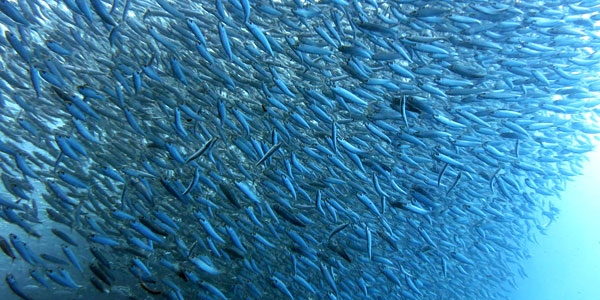
South Africa's annual sardine run is occurring increasingly late, and there have been instances where it doesn't happen at all. Here's why.
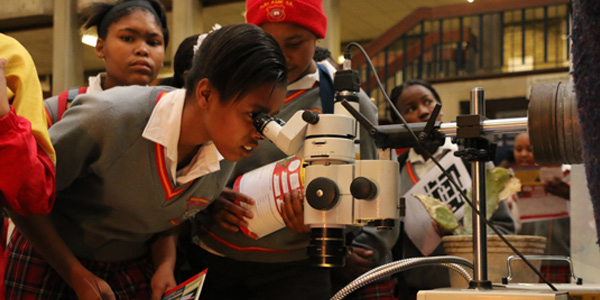
Scores of high school learners from around Gauteng will be hosted by Wits for National Science Week 2019.

Archaeologists and anthropologists peer into original homes of the past to see what made us who we are today.
, Michael Westgate (PhD Candidate), Mpofana Sihoyiya (MSc candidate), Prof.jpg)
Sibanye-Stillwater has donated their 2D/3D reflection seismic data worth R50m to the Wits Seismic Research Centre of the School of Geosciences.

Wadley has been made a Fellow of The British Academy in recognition of her outstanding contribution to the field of archaeology.
-Homo-naledi.-cc-John-Hawks_Wits-University.jpg)
South Africa's greatest fossil discoveries in modern times to be showcased for the first time to a global audience.

Over 40 Wits alumni, students and staff members were included in the 2019 Mail and Guardian Top 200 supplement.
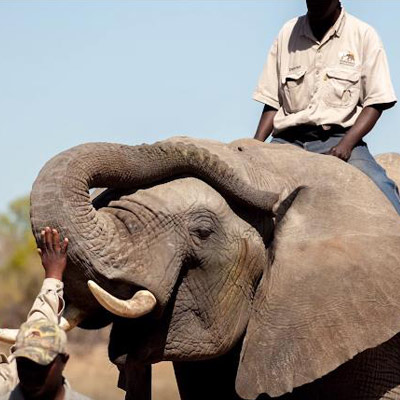
Elephants have long captivated our attention, partly because of their sheer size and majesty. But we’re also struck by their complex behaviour.

A Johannesburg-based pilot will formally integrate reclaimers (waste pickers) into the recycling economy of South Africa for the important service they provide.

Quantum technologies are exploding and no longer the purview of laboratory experiments only.

Dung beetles use different directional sensors to achieve the highest possible navigational precision in different conditions.

Spreading his wings through international exposure - Thabiso is the first Witsie to be awarded the prestigious scholarship.
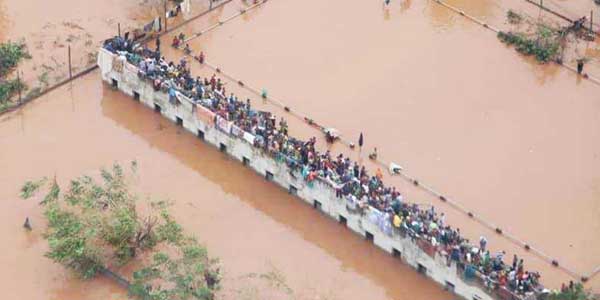
Southern Africa has seen a rise in tropical cyclones recently. Why? Listen to Pasha 20, The Conversation Africa’s podcast on research.

Research from the Wits School of Geoscience shows how platinum deposits form in the Bushveld Complex of South Africa.

Eight Witsies are finalists in six categories of the NSTF-South 32 Awards, dubbed the ‘Science Oscars’.

Edited extract from 'The Dance of the Dung Beetles', a new book authored Dr Helen Lunn and Professor Marcus Byrne published by Wits University Press.

A rethink of operational processes as a complex system, and the application of machine learning as an adaptive analytical framework.

Early human beings who lived around 120 000 years ago in South Africa were “ecological geniuses” who were able to exploit their environment intelligently.

The Wits Research Office has recognised scholars at the University whom the National Research Foundation has (re)rated and those awarded nationally and at Wits.

The Indian Ocean has made its mark on the global news cycle this year.

Petroleum Experts Ltd has donated an academic software licence worth R25m to the School of Geosciences.

New research show mounting evidence that increased lighting has a range of negative effects on all life on earth.

Prehistoric bestiary is full of remarkable creatures and fearsome predators.

Successful Early Sapiens Behaviour Exhibition extended and taking place at Iziko Museum in Cape Town.

The team of physicists has created a tiny superconducting circuit that mimics the quantum mechanical process in which an atom absorbs or emits light.
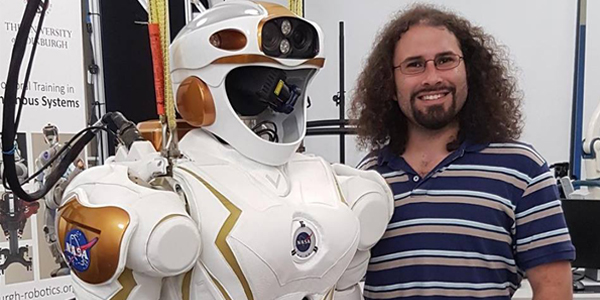
The continent needs its own experts to harness Artificial Intelligence towards our local challenges and priorities in Africa.

This storm provides a grim prospect of the future of tropical cyclones in southern Africa, a region under continued threat from climate change.

The Royal Society of Chemistry has admitted Professor Roger Sheldon as an honorary fellow.

Do you have what it takes to explain a scientific concept in three minutes?

The City of Cape Town – and southwest Africa more generally – experienced its worst drought on record between 2015 and 2018.

Wits is the hub of a unique cross-disciplinary postgraduate e-Science training platform.
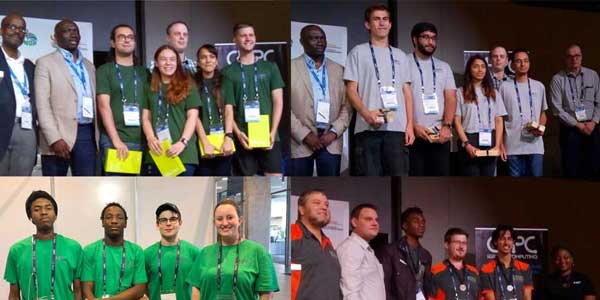
Our teams excel in Centre for High Performance Computing Student Cluster Competition.

South Africa is among a handful of countries that experience winter rainfall in some areas and summer rainfall in others.

Wits researchers prove the long-held theory by making the first direct observation of fractal light from lasers.

The heavy bombardment of terrestrial planets by asteroids from space has contributed to the formation of the early evolved crust on Earth.

Team confirms a 20-year-old prediction that “nature’s geometry” could be recreated by the use of laser technology.

Autralopithecus sediba is not the missing link that connects modern man to its more primitive ancestors.

Four papers published in a special issue of the open access journal, PaleoAnthropology, address critiques of Sediba, confirming it is indeed a unique species.

MicroCT scans of the 3.67-million-year-old Australopithecus fossil known as Little Foot shed some light on how she lived and moved.
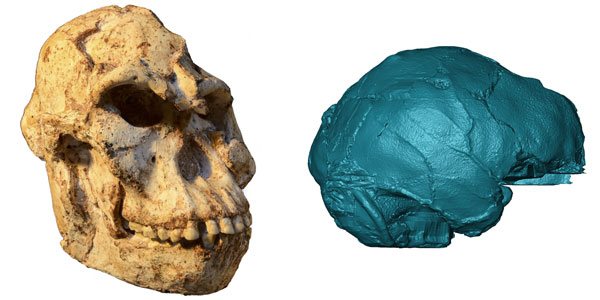
Virtual images help researchers to present and explore new scenarios about how our ancestors lived and evolved.

Africa has the ability and resources to feed the world, but much needs to be done on a continent full of challenges, opportunities and pitfalls.

Edible stinkbugs and pre-dawn insect hunts; only for the brave.

Although eating insects might stave off starvation in a survival situation, chowing down on foam grasshoppers or red-yellow-black bugs could be fatal.

PROFILE: Professor Luke Chimuka developed a method to produce an extract from the moringa plant that is used as a dietary supplement.

Professor Ron Clarke's 14-year-long excavation of the Little Foot skeleton reveals her history through the ages.

First ever endocast of the nearly complete brain of the hominin known as Little Foot reveals a small brain combining ape-like and human-like features.

Wits physicists demonstrate a new device for manipulating and moving tiny objects with light.

Wits researchers go on a mission to describe, classify and trace the 4.5 billion-year-old history of a meteorite that landed in Madagascar.

Collaboration on Fundamental Physics celebrates a decade, of among others, Wits’ involvement in accelerated technology development.

Stone tools from the Middle Stone Age in South Africa shows that different communities were connected over long time periods over vast geographical areas.

The Academy for Science SA (ASSAf) awarded Berger its Gold Medal for excellence in the application of outstanding scientific thinking in service to society.

GCI Director Barend Erasmus gives insight into the latest alarming IPCC Special Report on Global Warming.

Wits University is the co-host of the International Conference on Physics Education, which is being held at the Misty Hills Hotel this week.
The National Research Foundation has recognised Wits researchers for advancing their fields.

Public Lecture series to celebrate Heritage Day will focus on the earliest fossil hunters in Southern Africa and their findings.

A breakthrough by Wits scientists could see patients with Alzheimer’s use a nasal spray to slow down the progression of the disease, the main cause of dementia.

What does a polluted river sound like? How does sand-filtered water taste? Will acid mine drainage scald your skin? Do oceans echo?

New fossils from north China shed light on the incremental evolution of insect-eating dinosaurs.

The MOU is part of the Museum’s new focus on human origins, plans to increase research, produce traveling exhibitions, and cultivate scientific communications.

School of Geosciences congratulated on “one of the best” International Platinum Symposiums ever.

Researchers from the Wits School of Geosciences were involved in locating the fall area of the meteorite in Botswana’s Central Kalahari Game Reserve.

Wits academics Prof. Ian Jandrell, Dr Musa Manzi and Prof. Stephen Tollman have won prestigious NSTF-South32 Awards, the “Science Oscars” of research.

As a modern apex preditor, the crocodile's mode of attack - its mouth - had humble beginnings

Researchers take a deep look into a diamond to see how the atoms in its platelet defects are arranged in the hardest natural material known to man.

Researchers map out regions where exoplanets can exist within triple star systems.

Fossils of two new species of these four-legged vertebrates also evolved in polar regions, and not just in the tropics as previously believed.

Wits physicists and engineers team up to tackle Africa’s digital divide with home grown technologies

Students rub shoulders with Minister of Science and Technology and the Head of the Mission of South Africa to the United Nations in Geneva.

Mining is a key contributor to South Africa’s economic development but its effect on the environment could spell disaster.
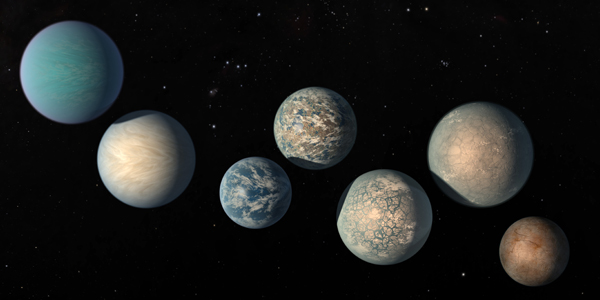
Q&A with Professor David Block from the Wits School of Computer Science and Applied Mathematics.

Study conducted by the School of Geosciences reveals how platinum-bearing chromite layers form in the crust of the Earth.

Professors Bob Scholes and Shabir Madhi have been elected as Fellows of the prestigious The World Academy of Sciences (TWAS).

A Distinguished Professor of Biocatalysis at Wits, Roger Sheldon has published a paper on green chemistry in a prestigious high-impact research journal.

A leaf-feeding beetle is one of the most promising agents that help South Africa to control the spread of its worst invader plant.

Rich in proteins, fats, vitamins and nutrients - PhD-student unearths the benefits of edible termites in new study.

CT-scan study of Wits PHD student makes it possible to 3D print the skull of the dinosaur species Massospondylus that roamed South Africa 200 million years ago.

Wits palaeoanthropologist tops 25 300 others in a new study on highly visible scientists.

Research into optics and photonics by Wits physicists has been highlighted as some of the most influential in 2017.

The Dean of the Faculty of Science at Wits University has been elected as a Fellow of the Royal Society of South Africa.

Two scientists from Wits University are on the list of Highly Cited Researchers in the world.

Creative management of grazing through the use small fires can draw back herbivores to grazing areas that are avoided by animals.

Fossil records near the lost Gondwanides mountains show that the Permian-Triassic extinction started 1 million years prior to what was previously believed.

Breakthrough paves the way for future Multi-Messenger astronomical observations

In September, the Wits Rural Facility became a ‘lab in the bush’ for a hands-on systems analysis thinking and modelling programme.

New study finds 'staying longer at home' was key to Stone Age technology change some 60 000 years ago.

The rise of big data and advances in information technology has serious implications for our ability to deliver sufficient bandwidth to meet the growing demand.

Nine researchers from Wits University were recognised by the National Research Foundation (NRF) at the 2017 NRF Research Awards in Bloemfontein last night.

Origin Centre's new Virtual Reality experience uses state of the art communications technology to tell the story of what makes us human.

The National Research Foundation (NRF) has awarded an A1-rating to Professor Lyn Wadley.

Novel genetic techniques might be used to understand the effects of habitat transformation as well as to combat illegal trade of the animals.

The aardvark will become increasingly rare as the world warms and dries, and the consequences go well beyond a decline in aardvark safari encounters.

Pollen record of plant, that is currently being eradicated, extends much further back than the 100 years it is believed to be growing in the Lesotho Highlands.

网易体育 70 percent of career paths need mathematics, says Professor Loyiso Nongxa.

New laboratory will work closely with the University of Johannesburg to offer southern African scientists a local solution for isotope analysis.

Far beneath Mauritius’ inactive volcanoes lies an astonishing, important piece of the Earth’s history: a fragment of ancient continental crust.

Lava-covered piece of continent is an ancient remnant, left over from the break-up of the supercontinent, Gondwana, which started about 200 million years ago.

Professor Luke Chimuka in the School of Chemistry developed a method to produce an extract from the Moringa plant through pressurised hot water extraction.

Health Awareness Month: Dr Sadhna Mathura is excavating the hidden potential of chloride intracellular channel (CLIC) proteins in the human body.